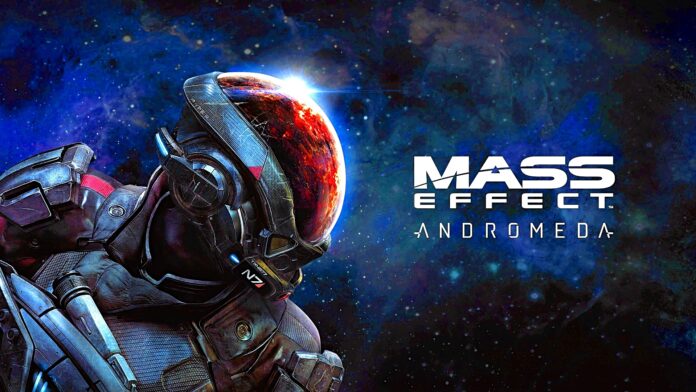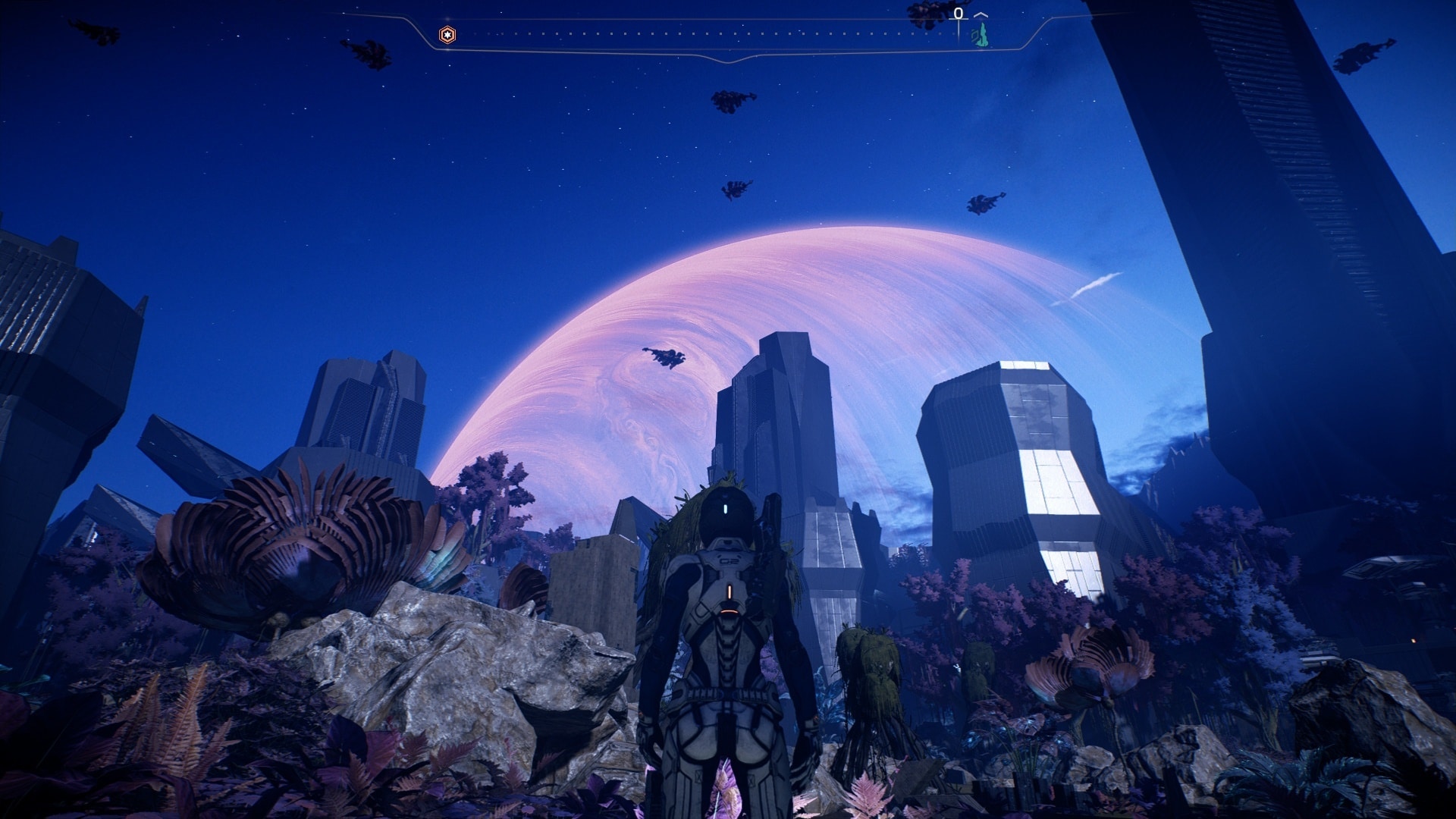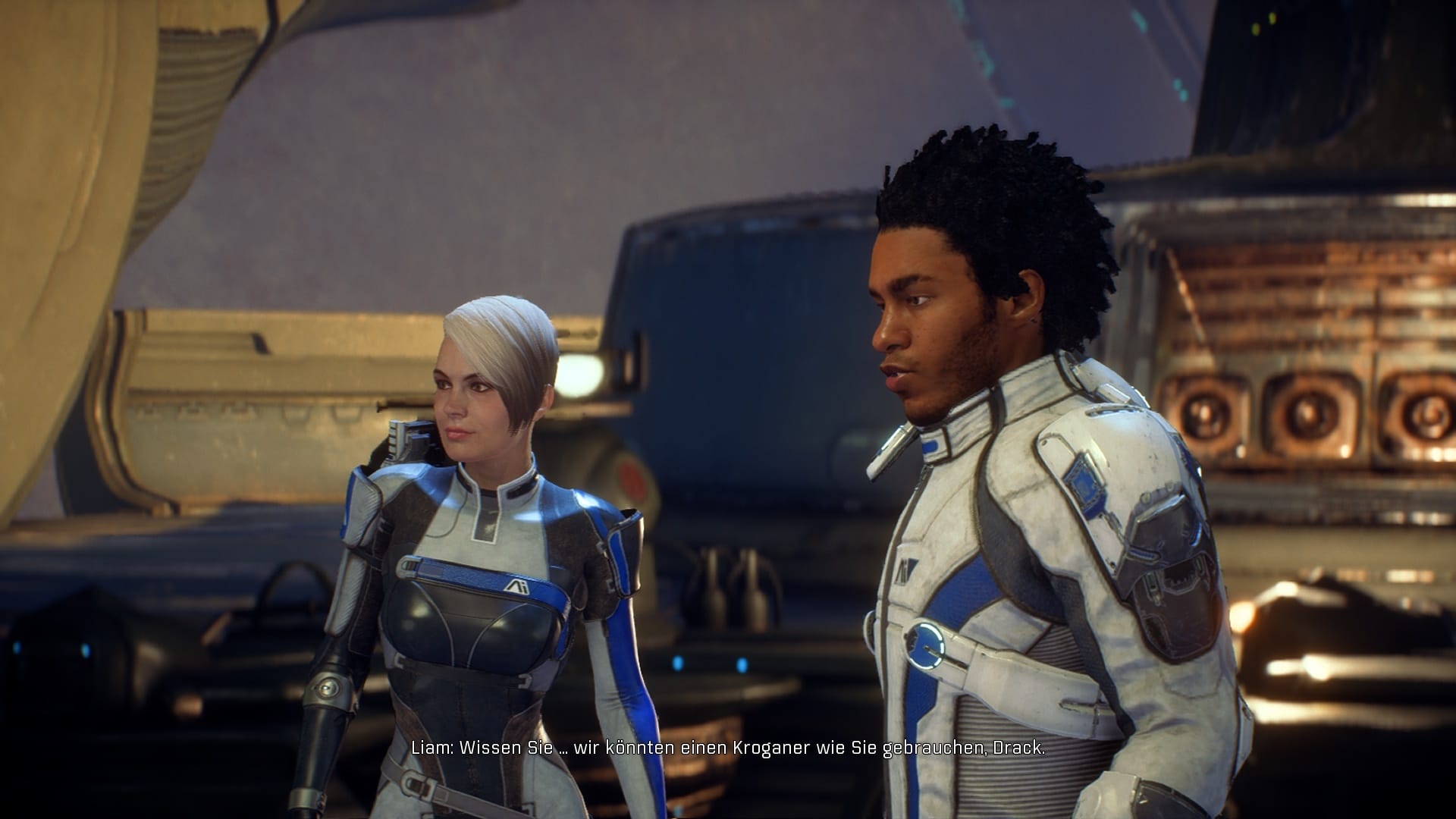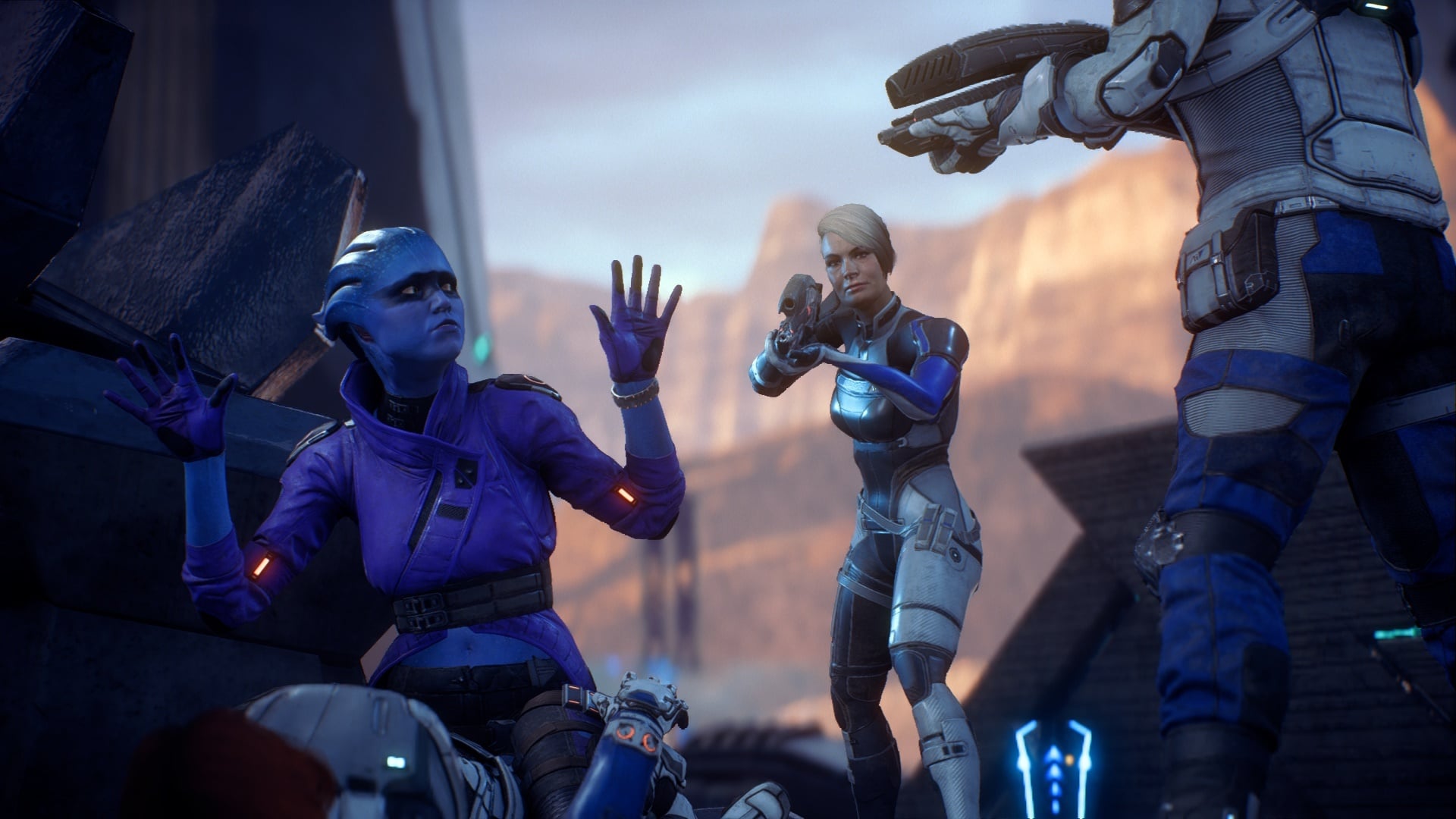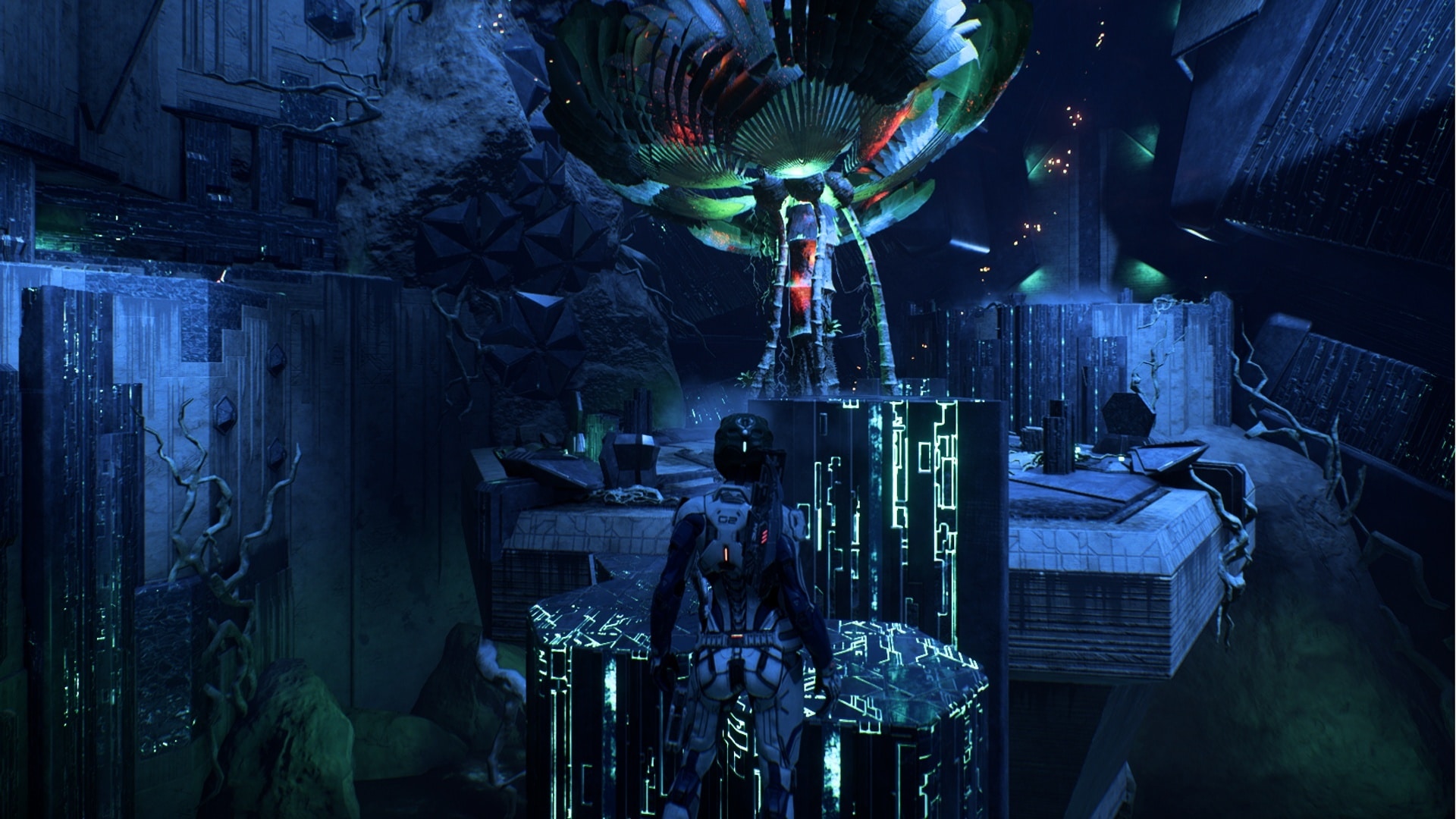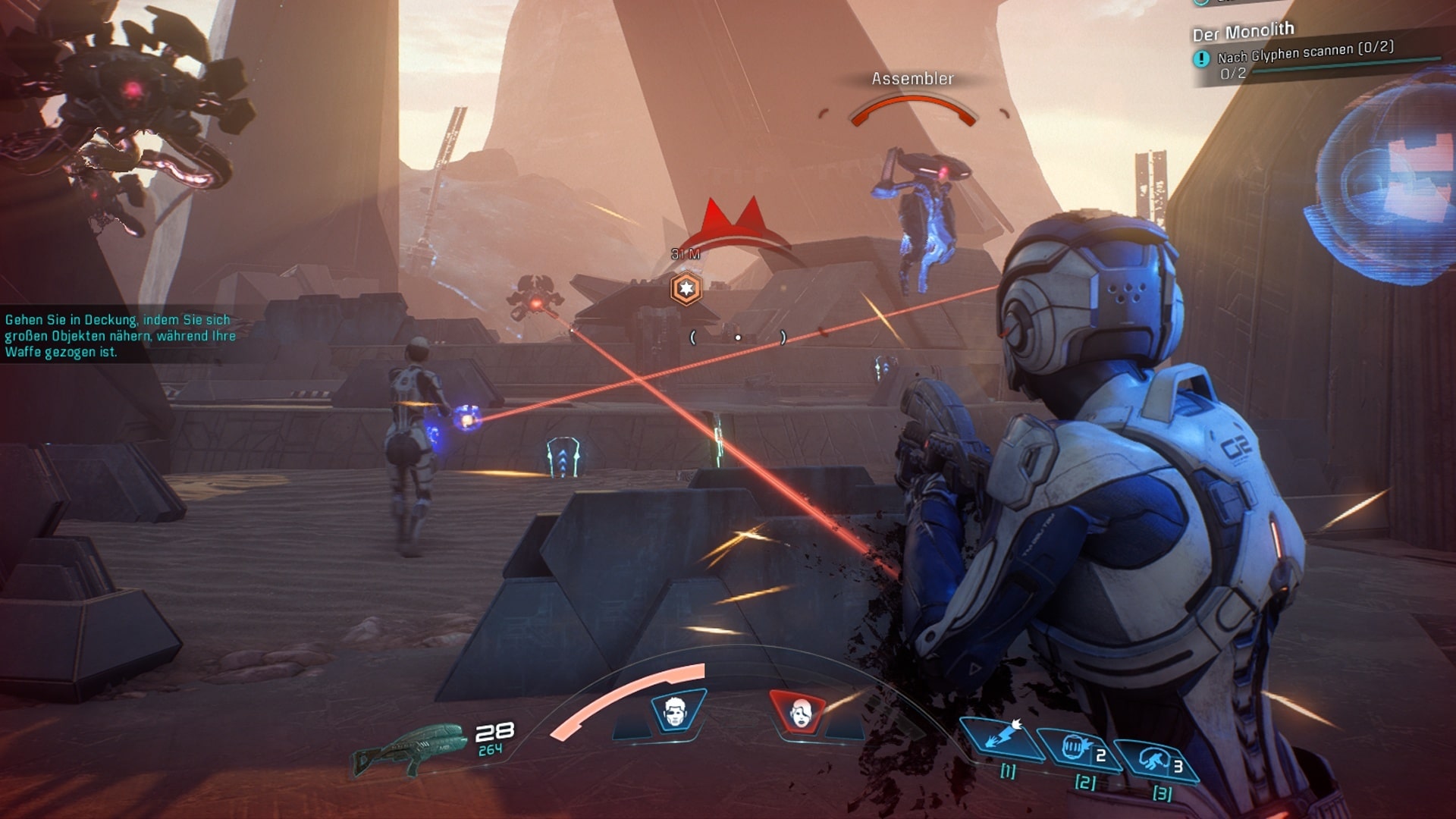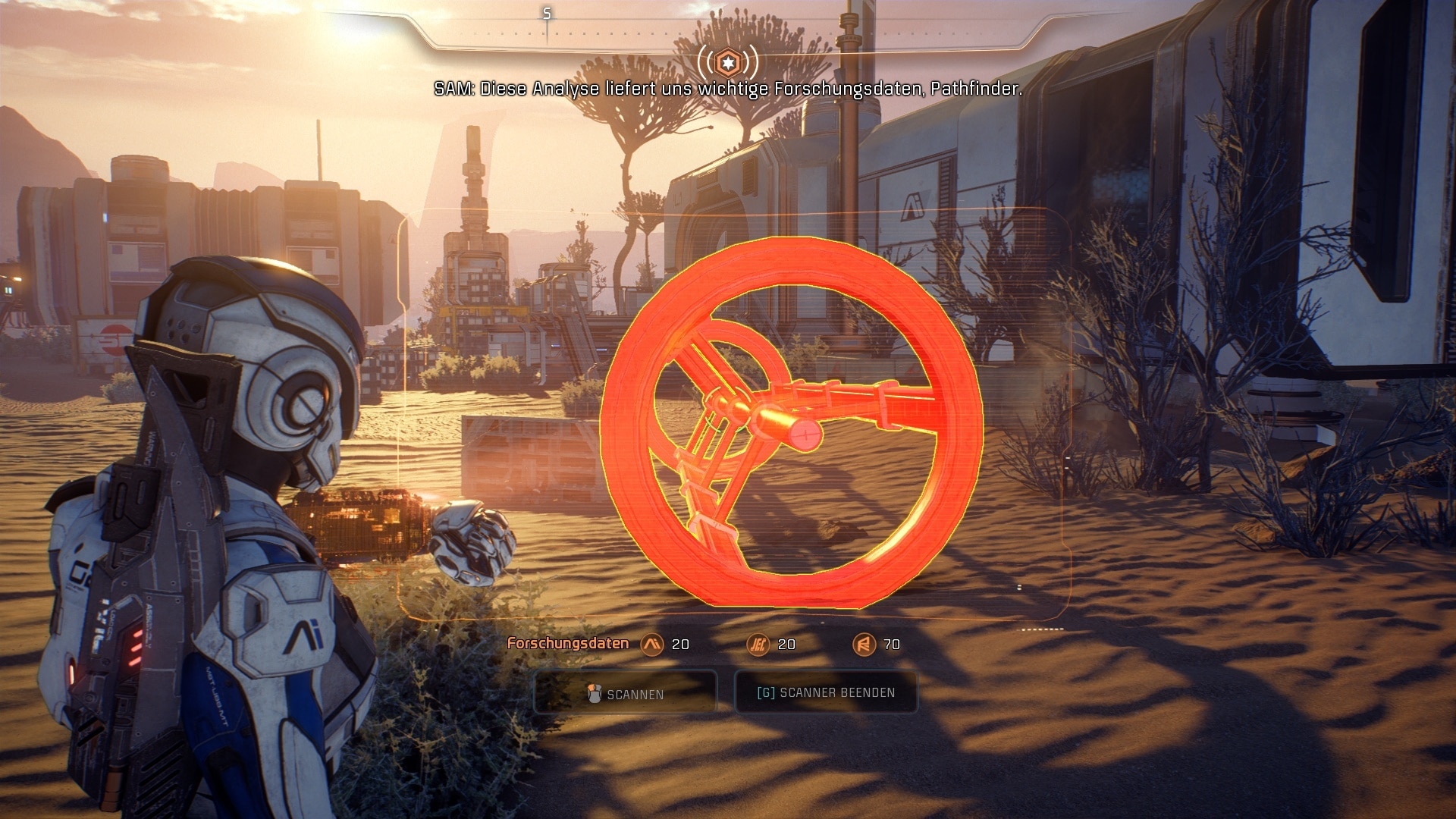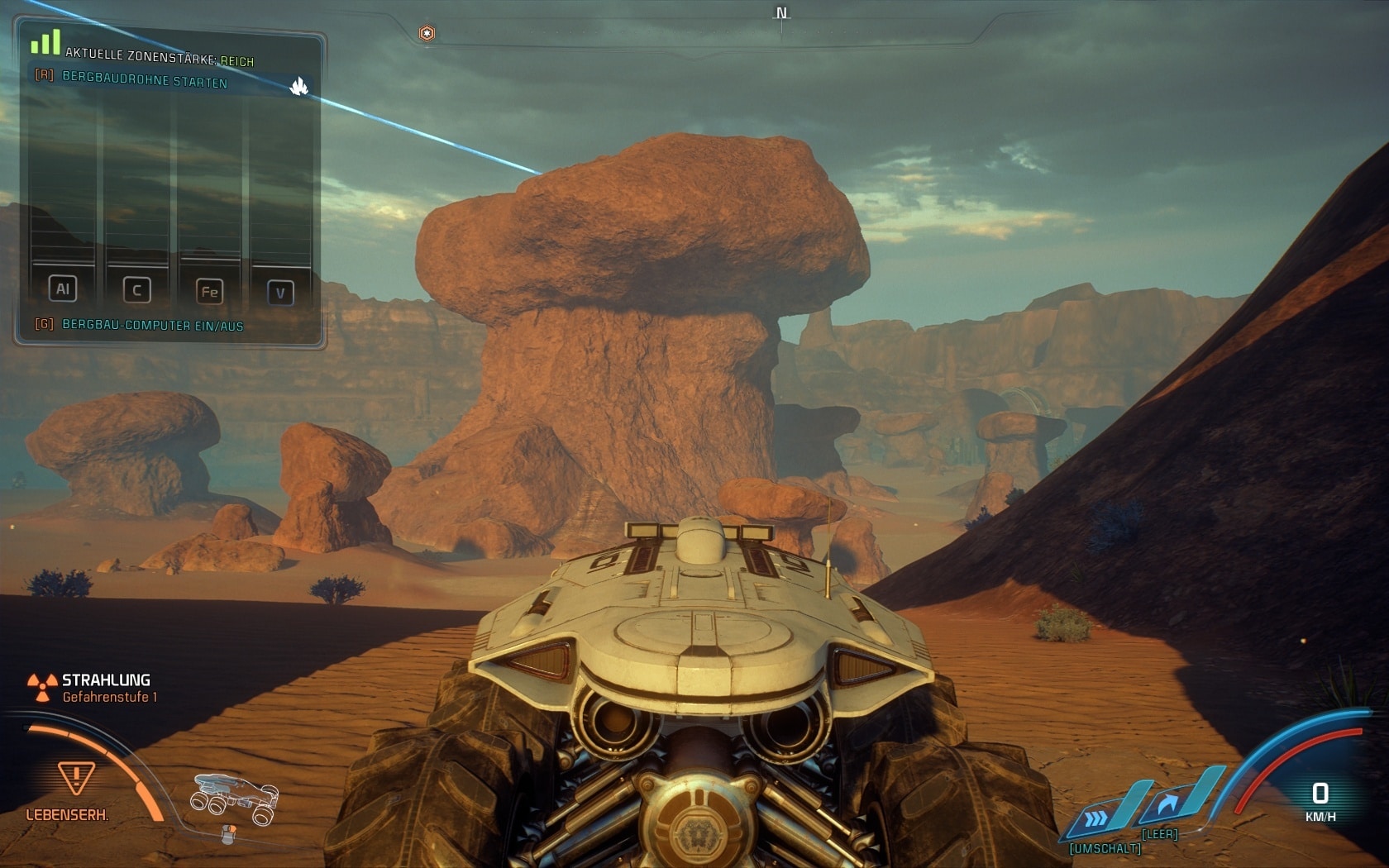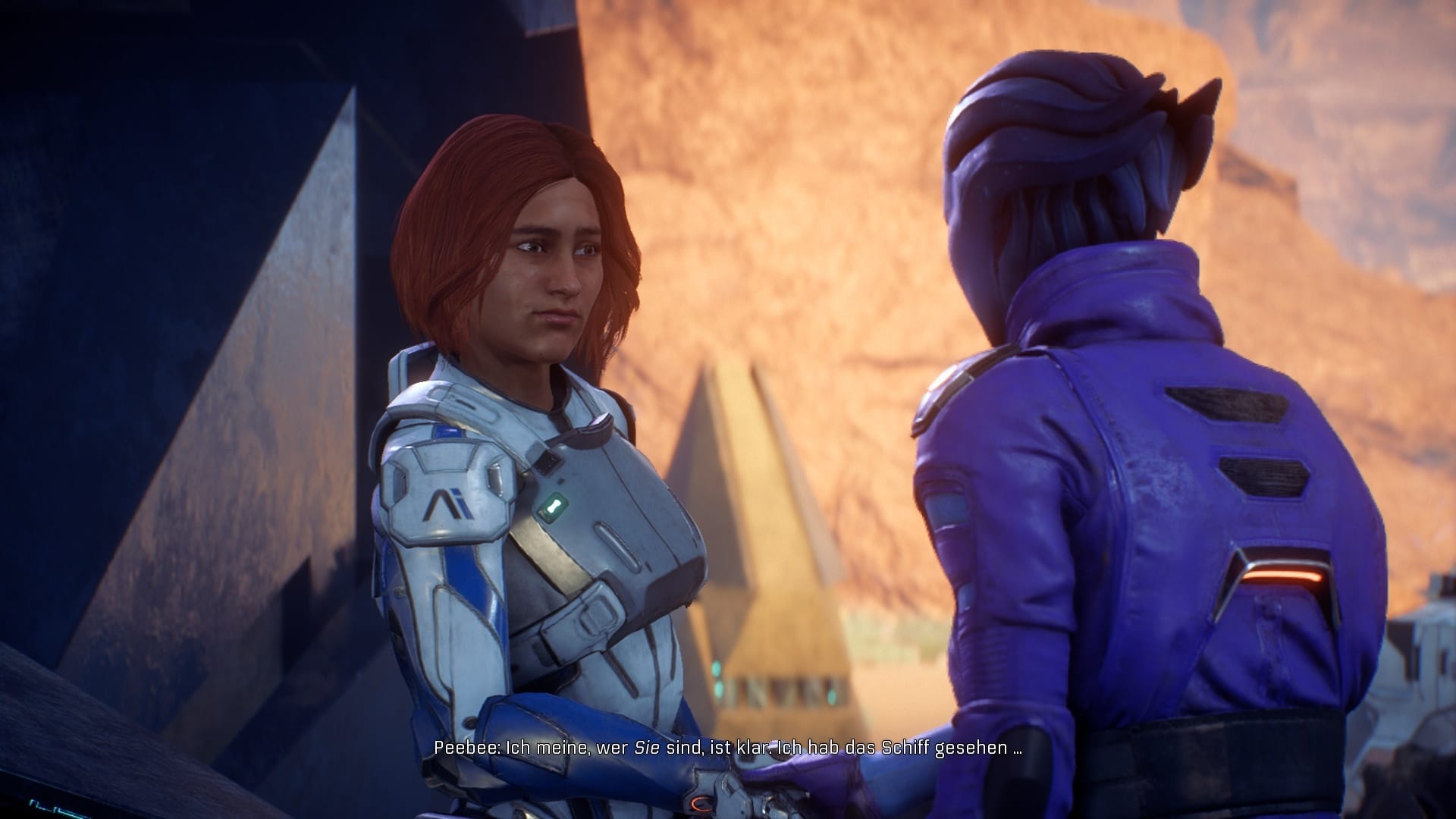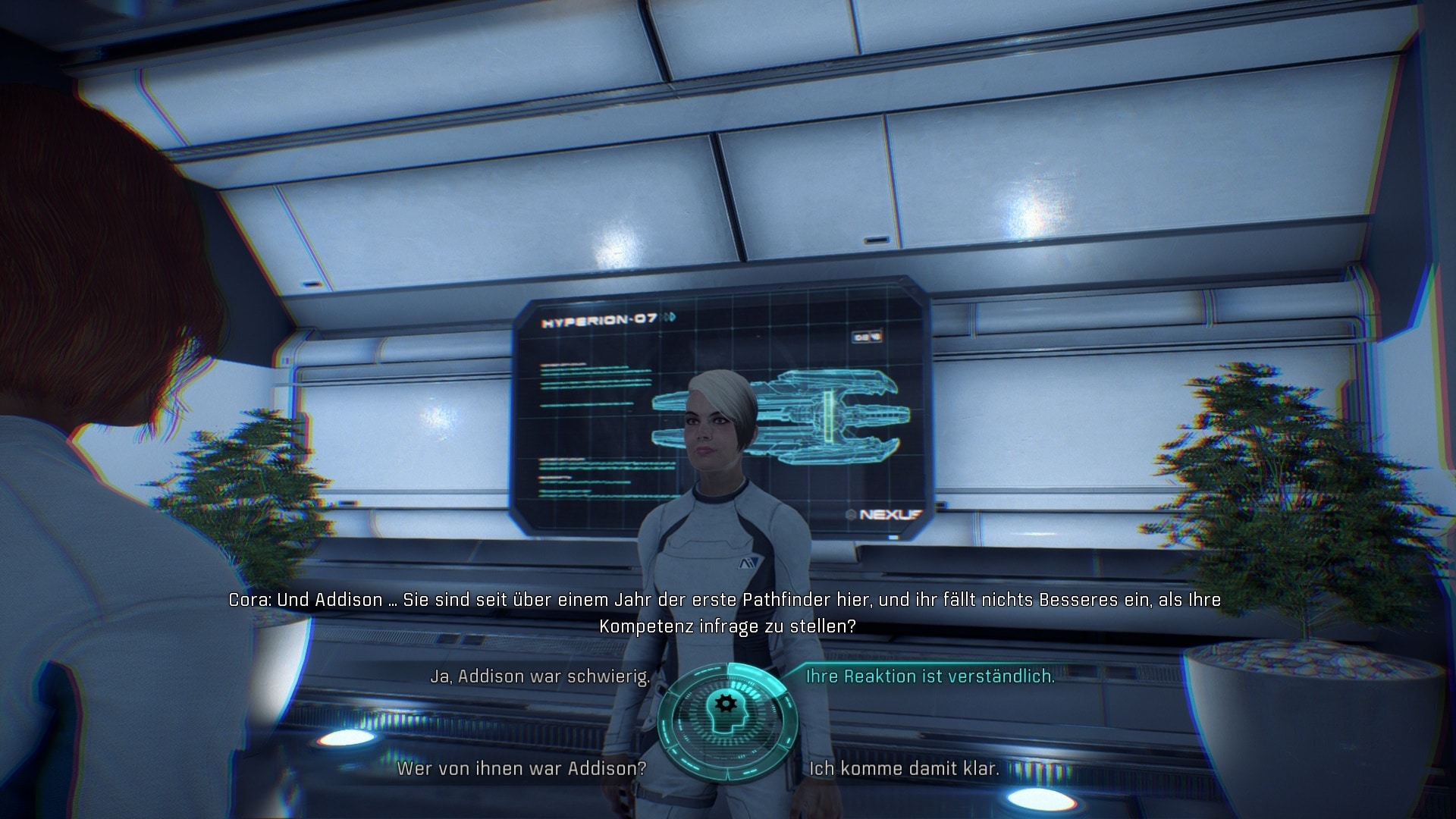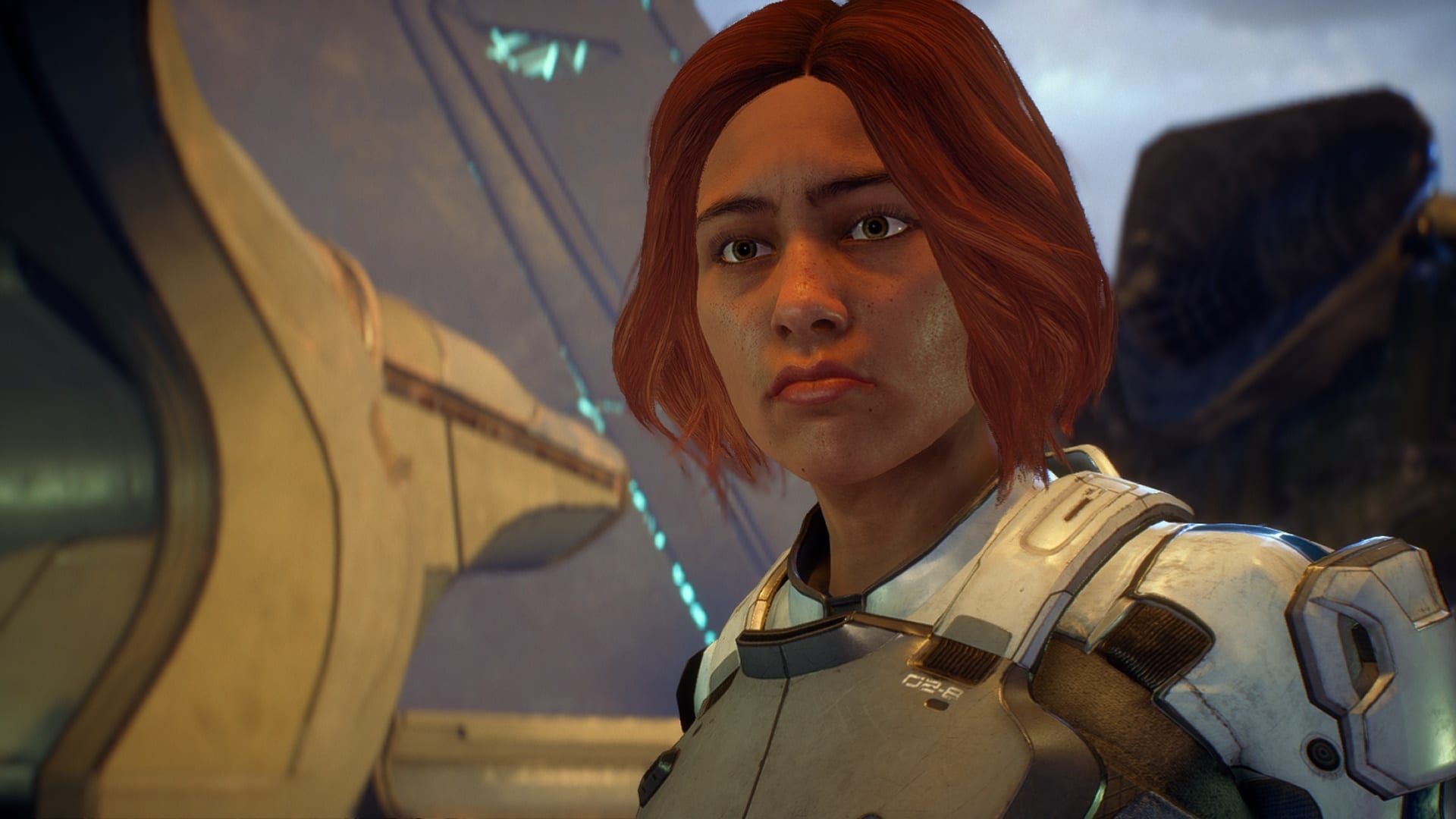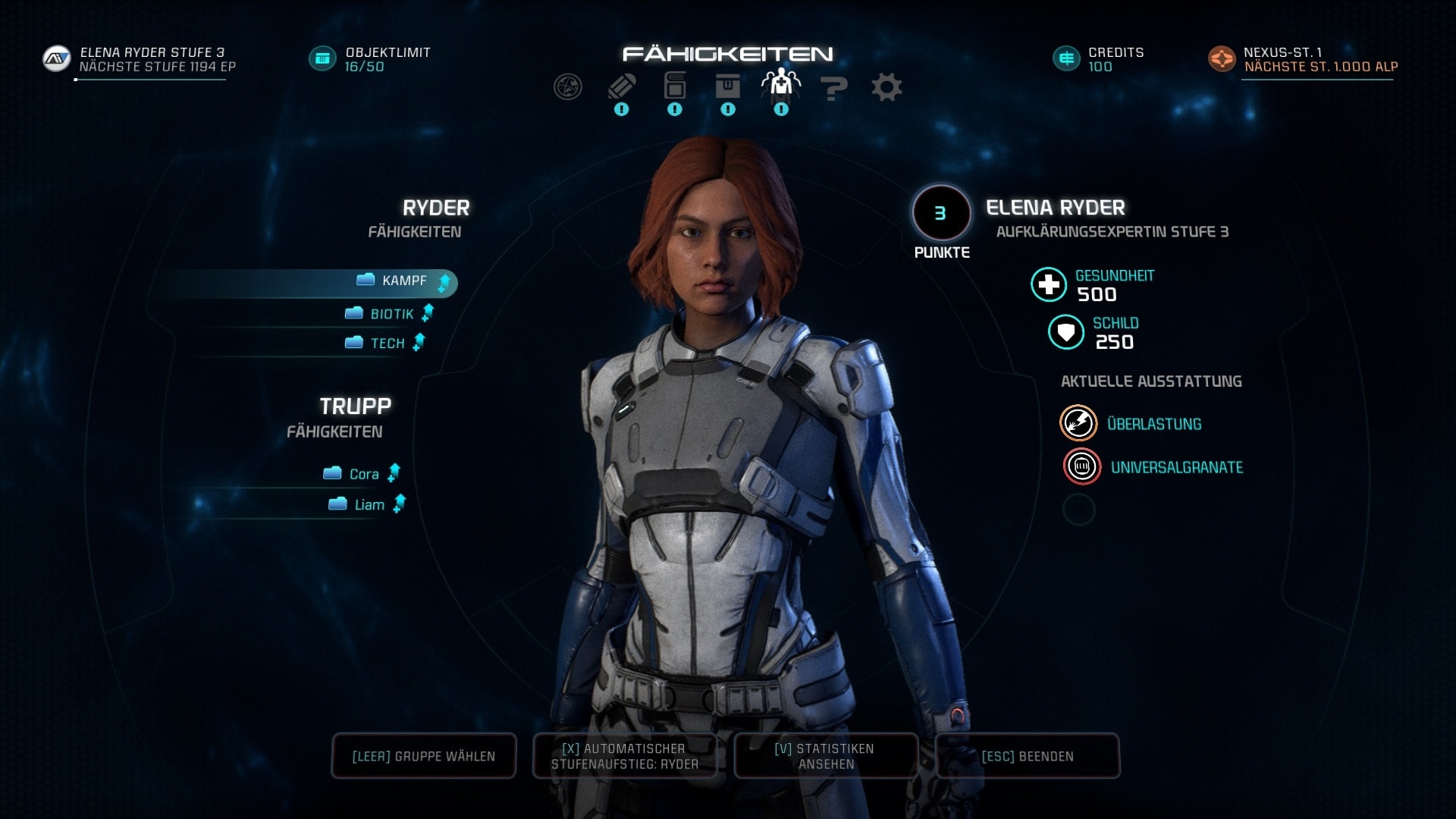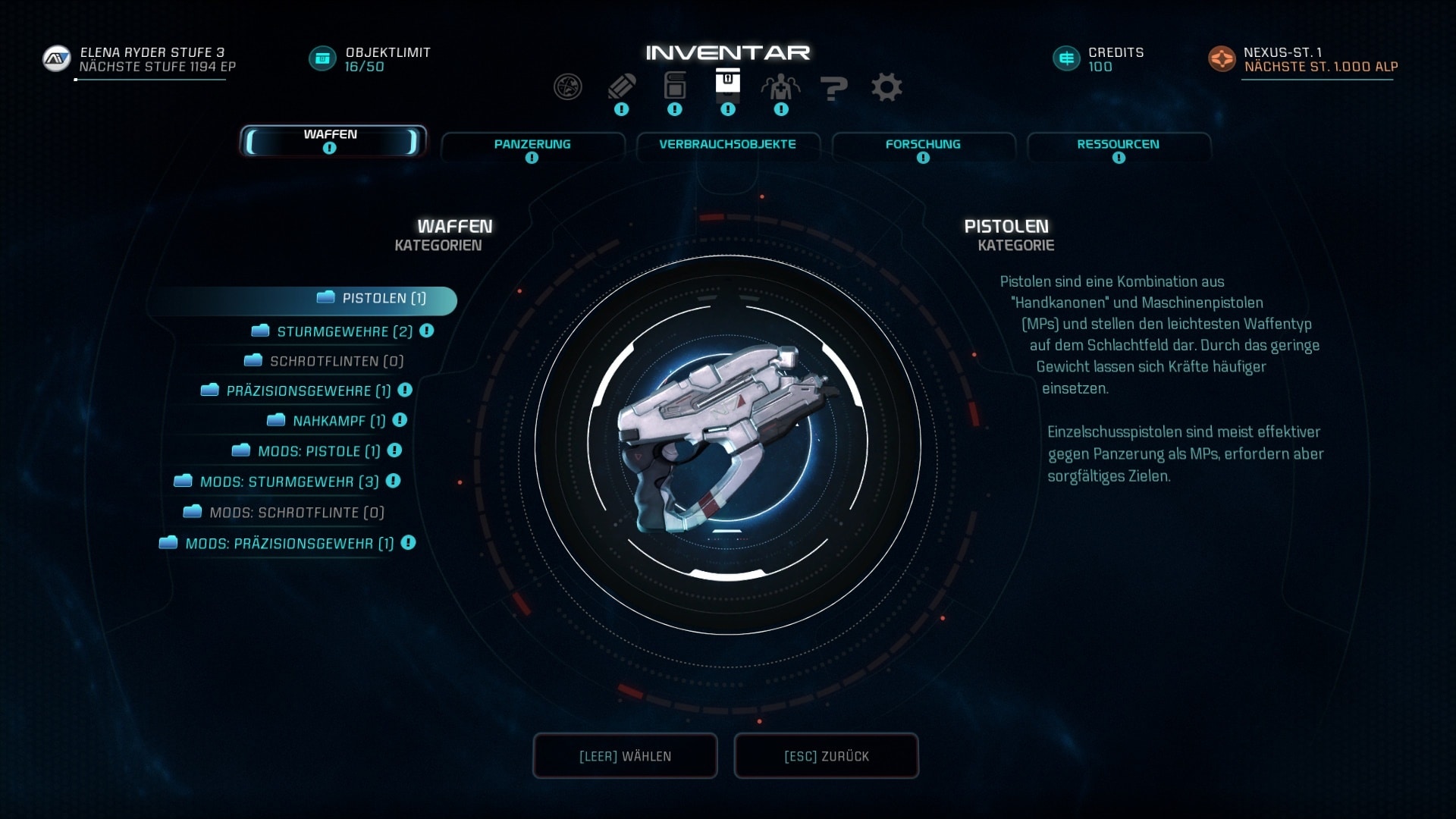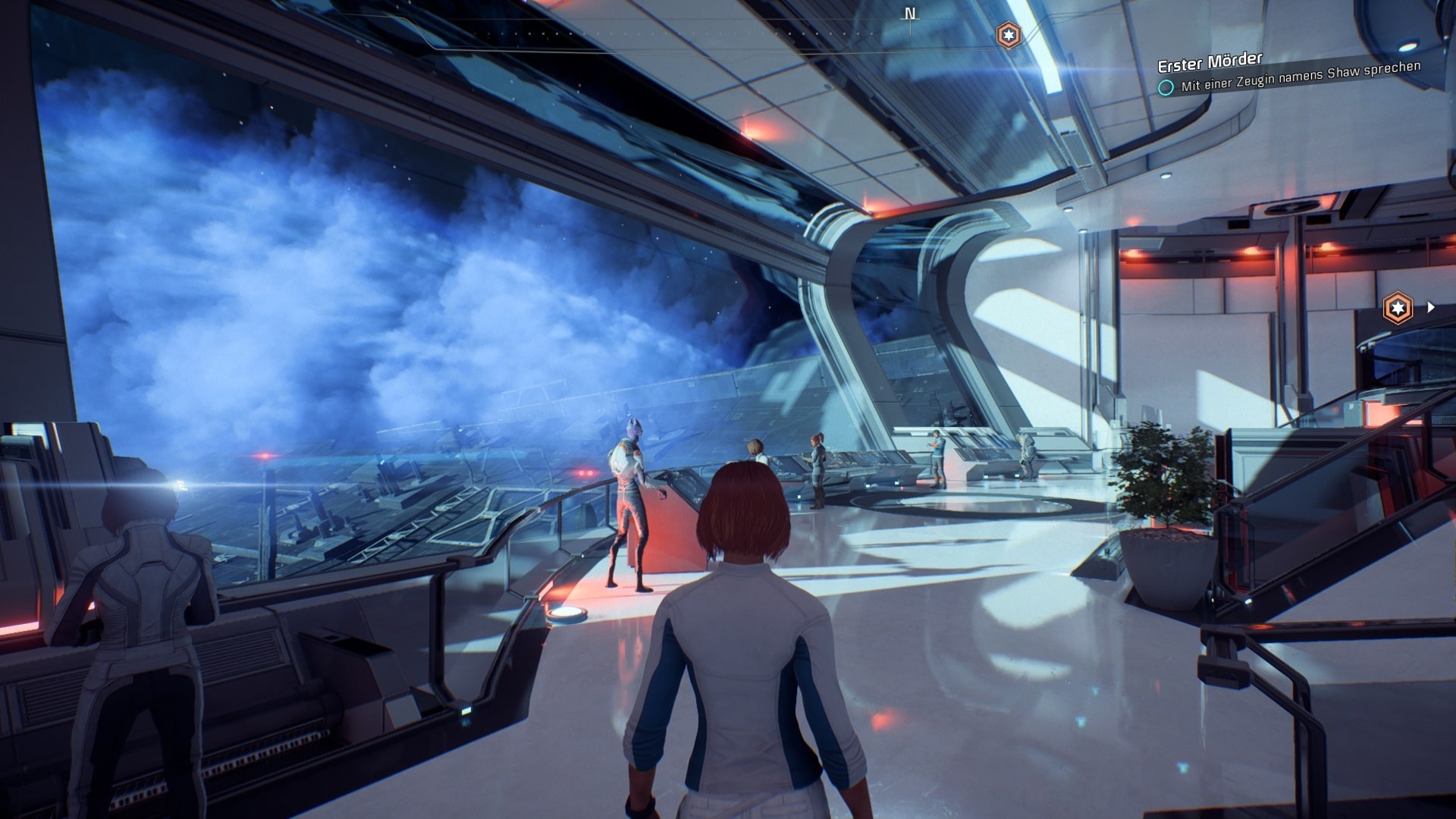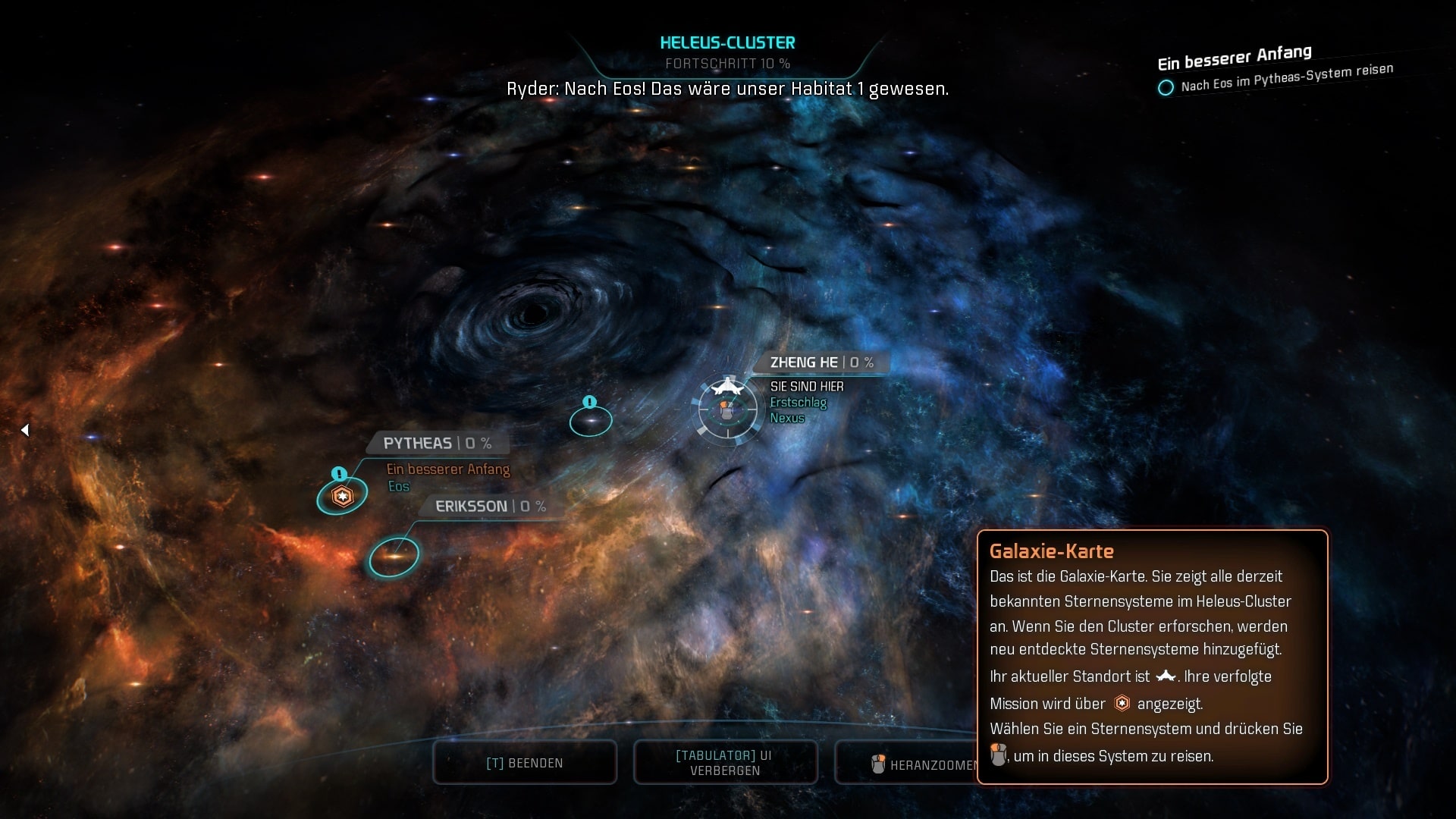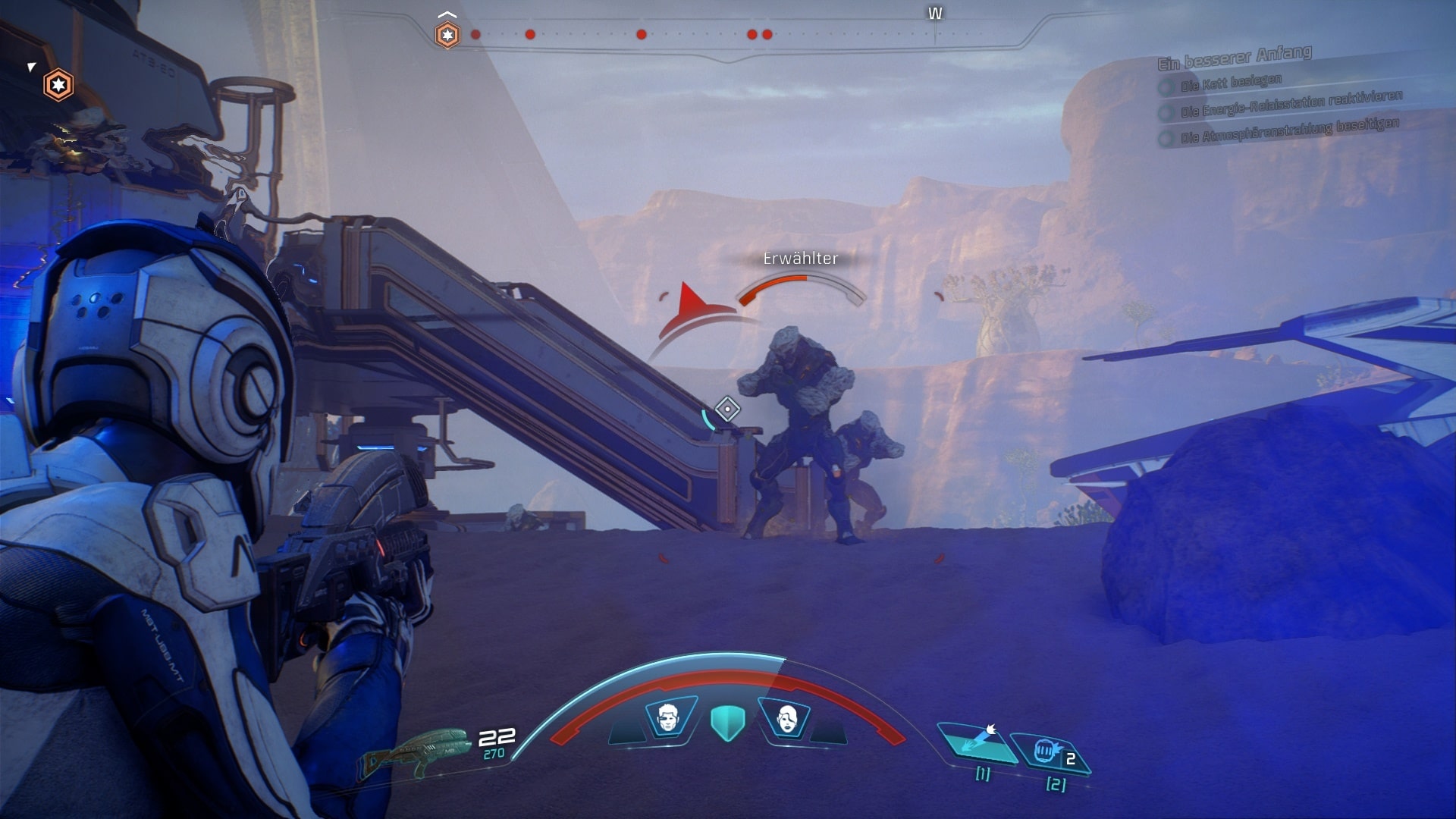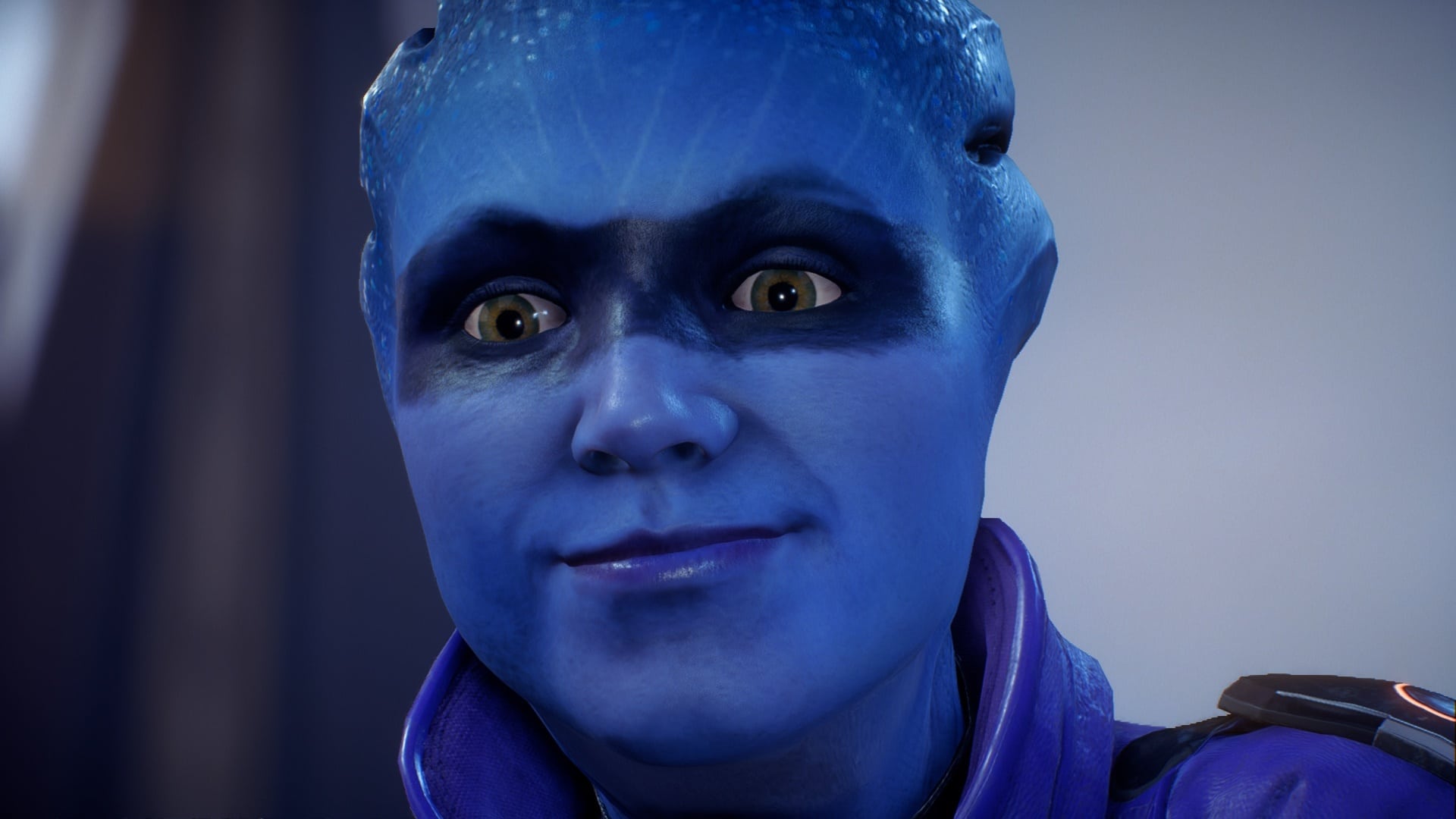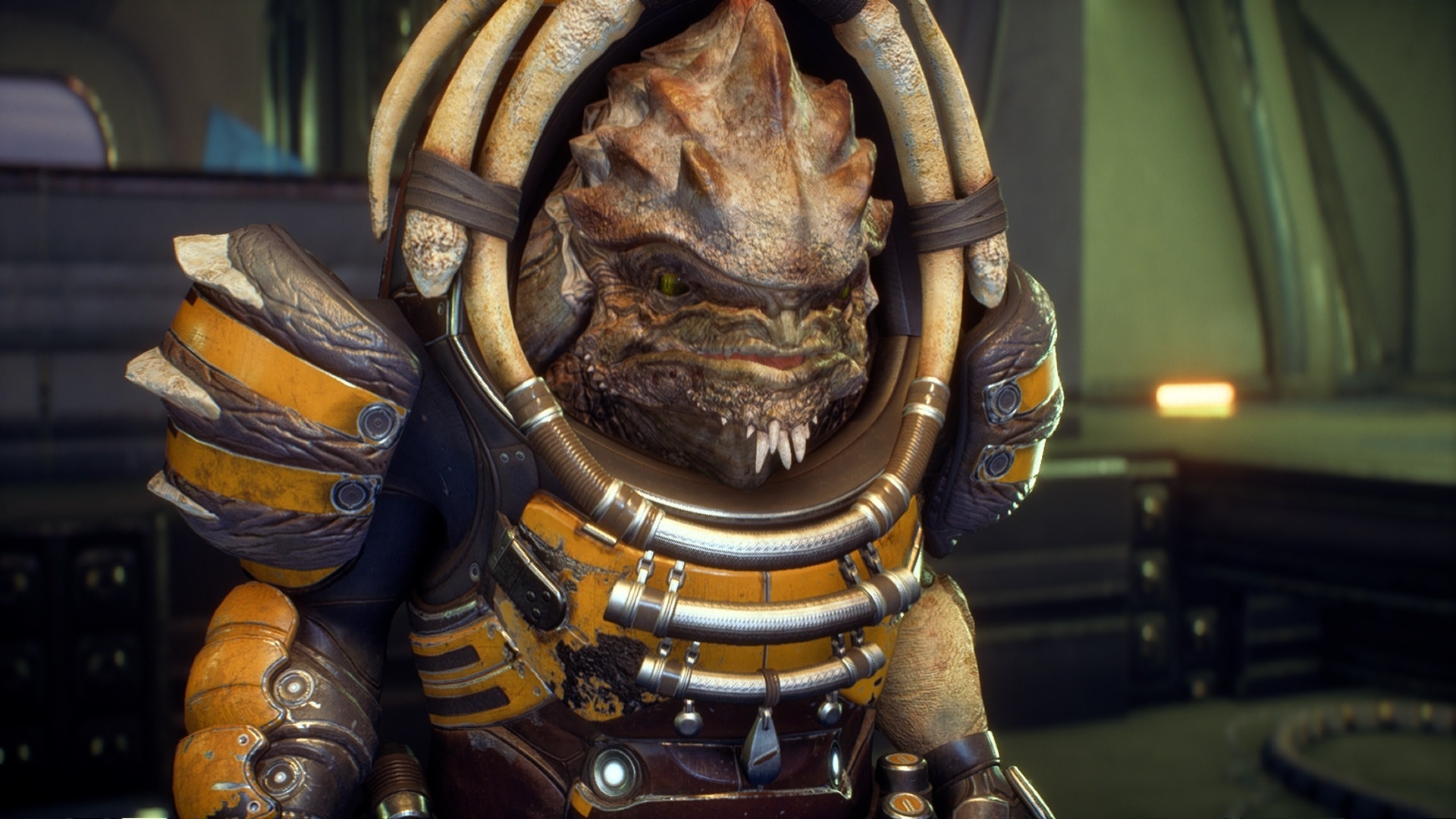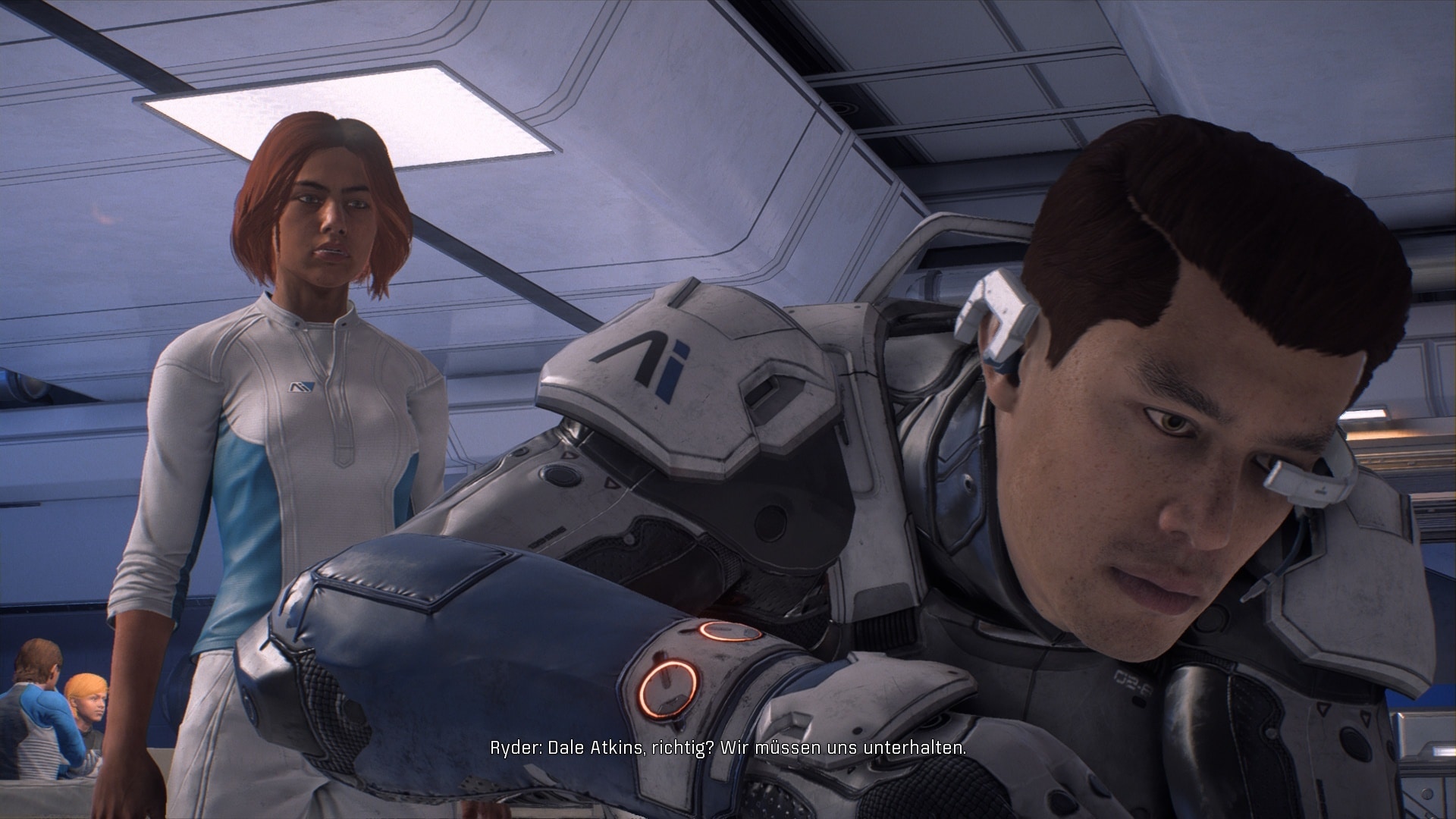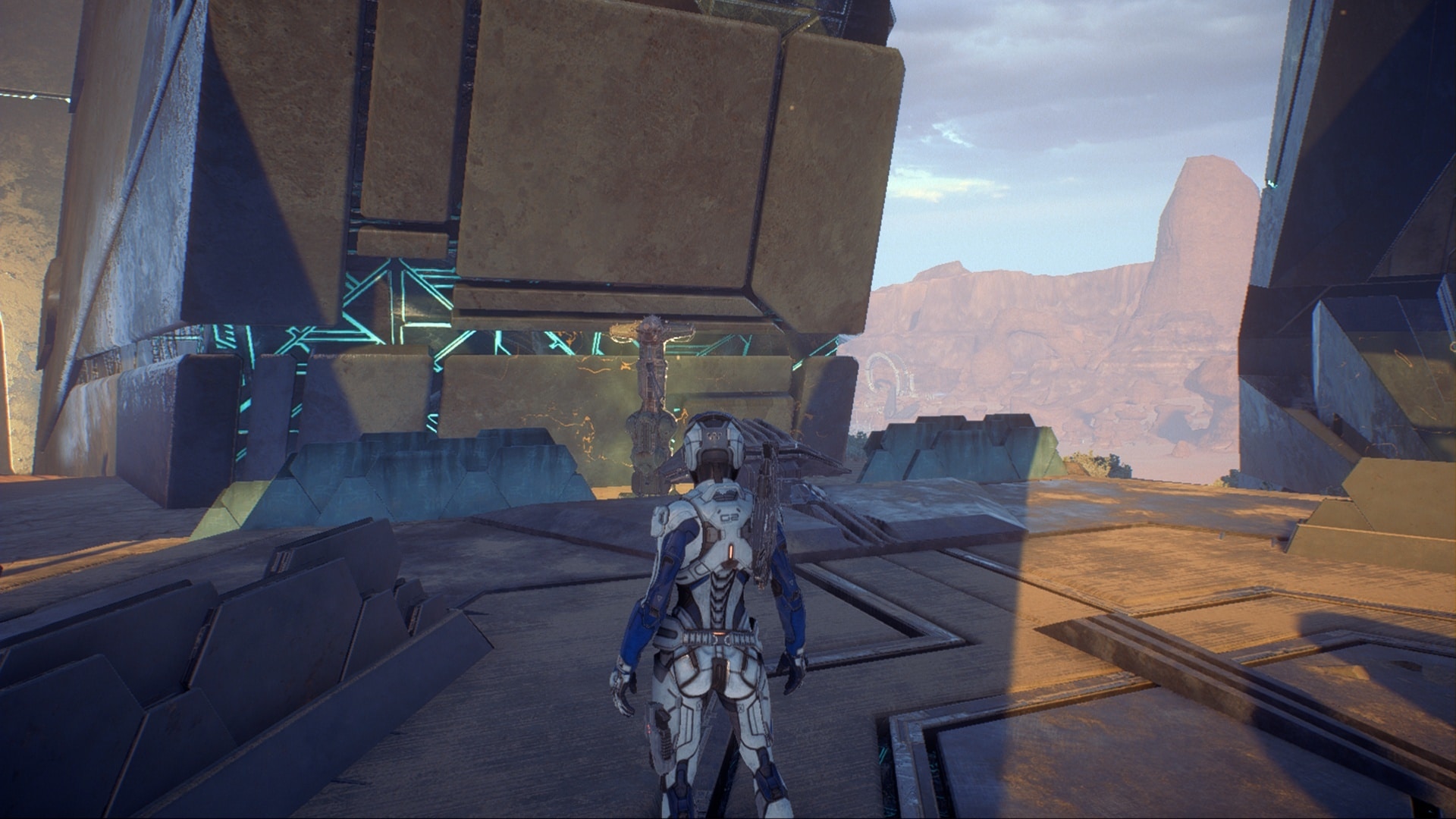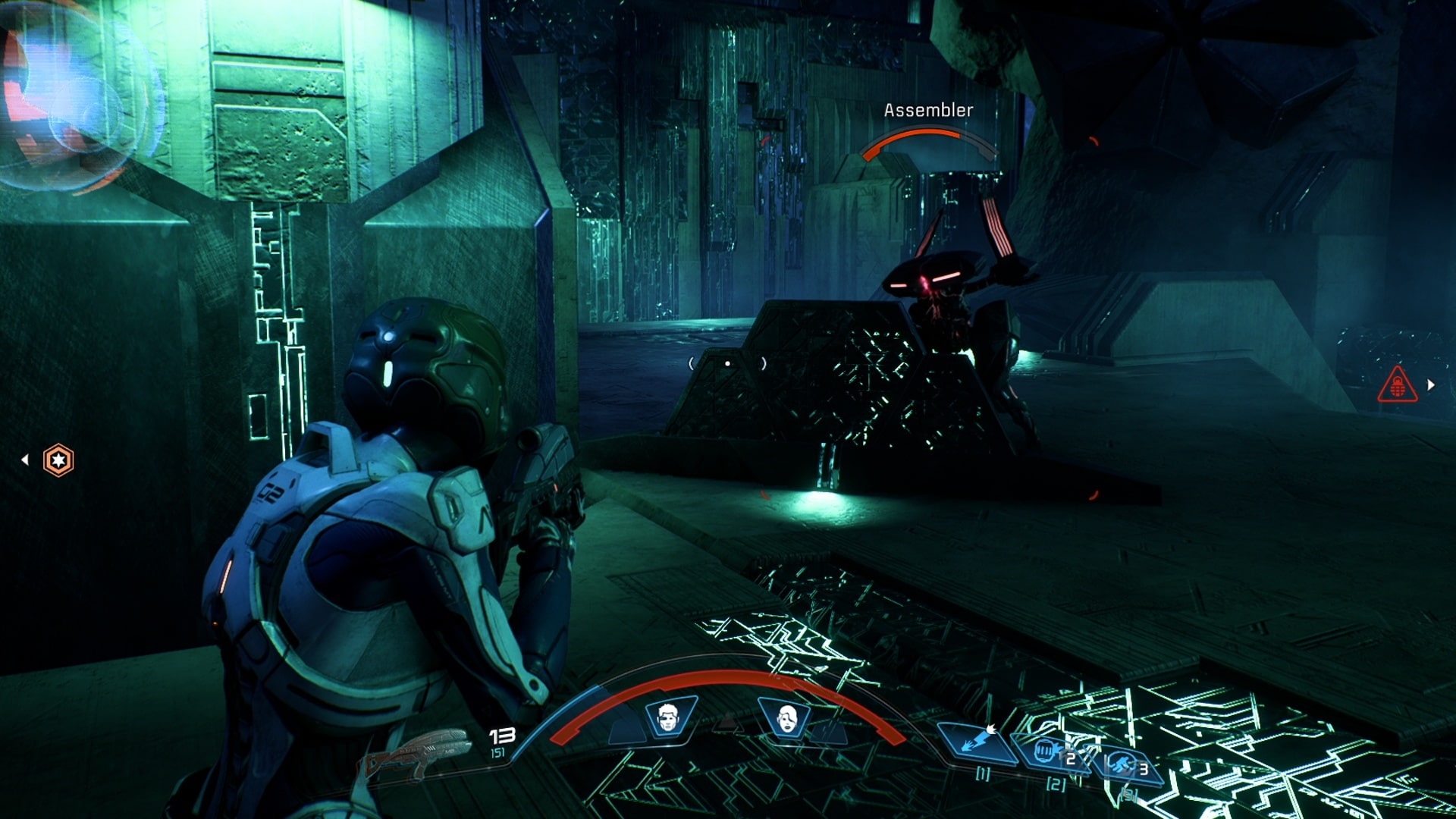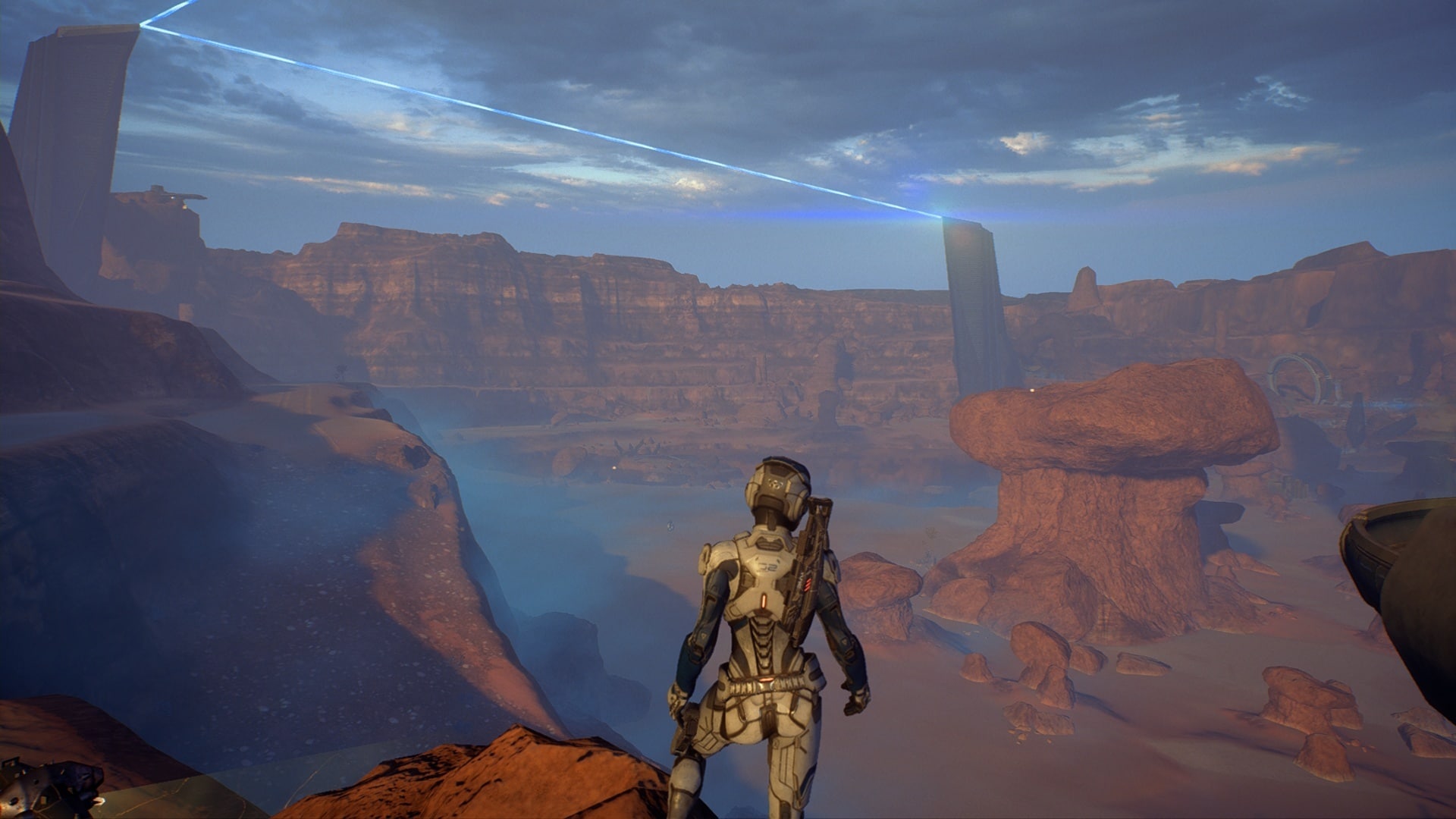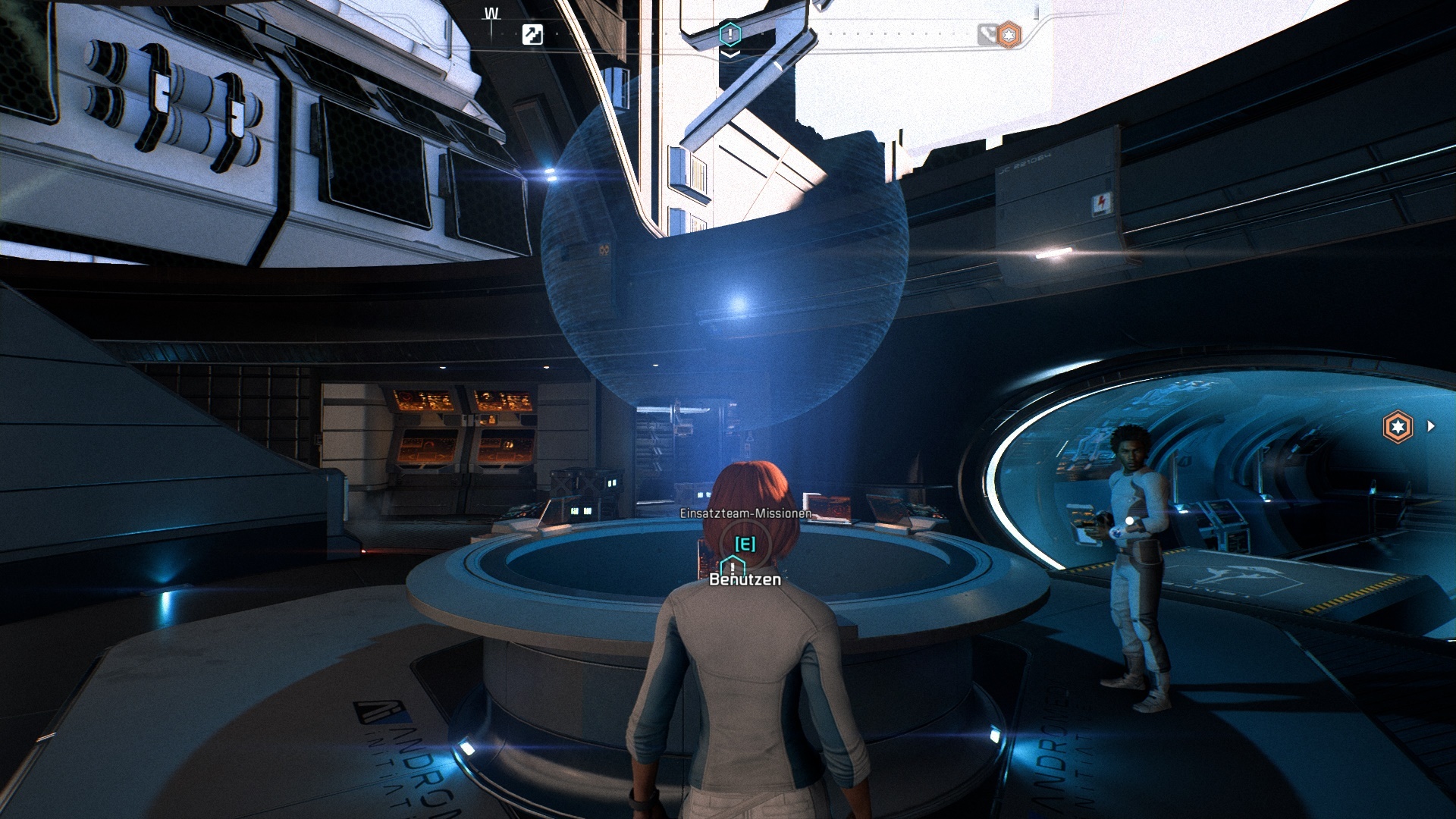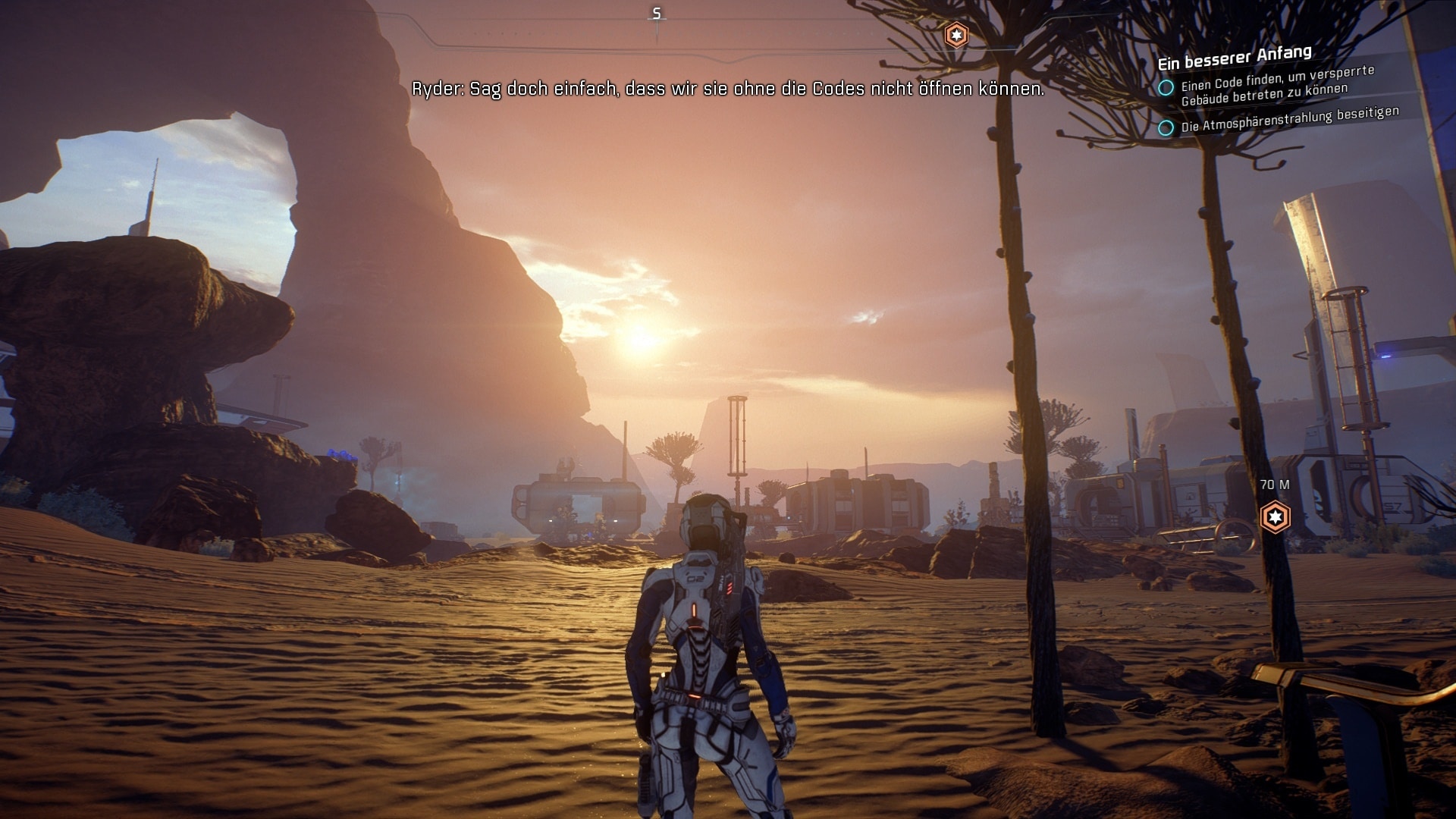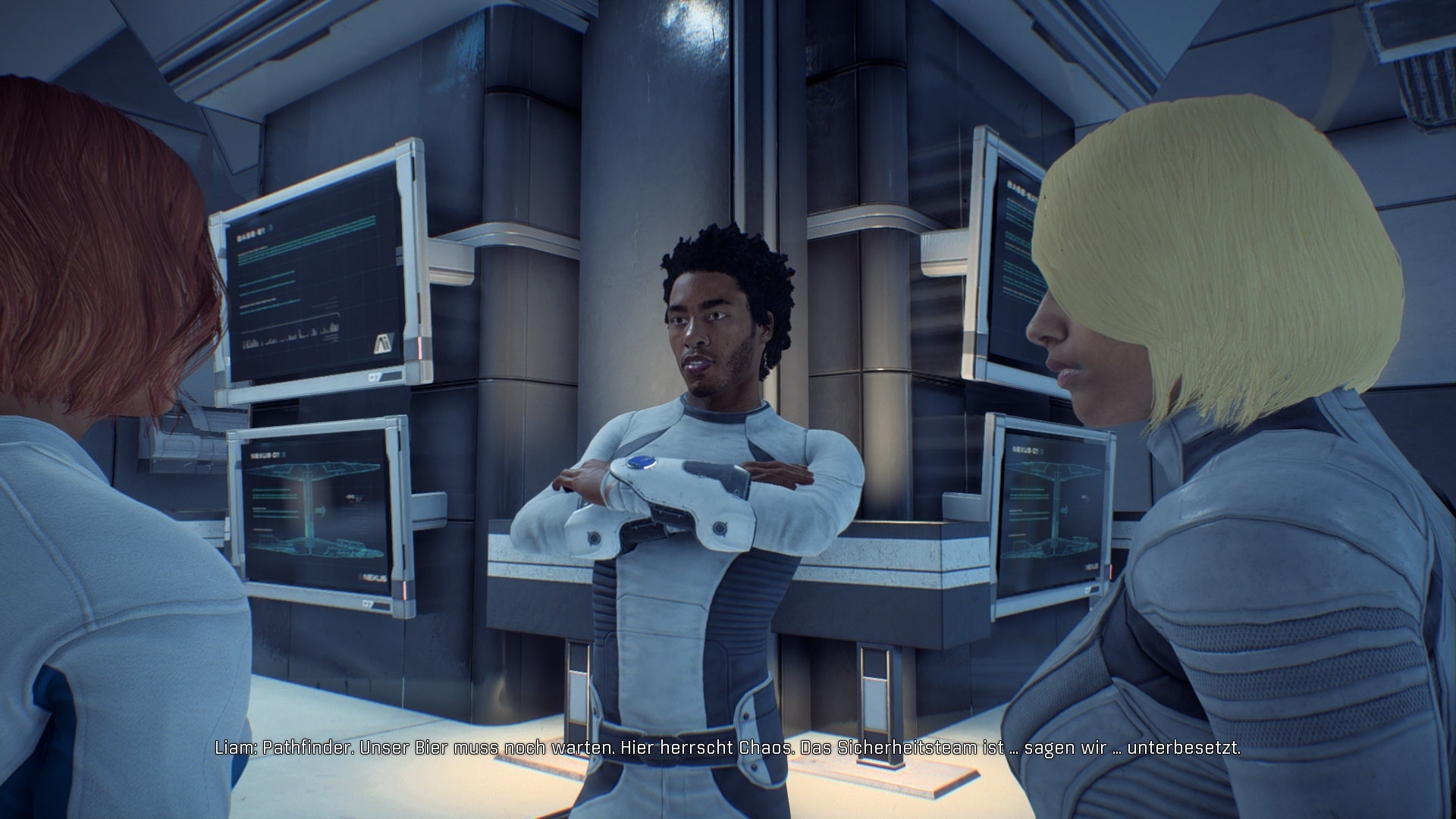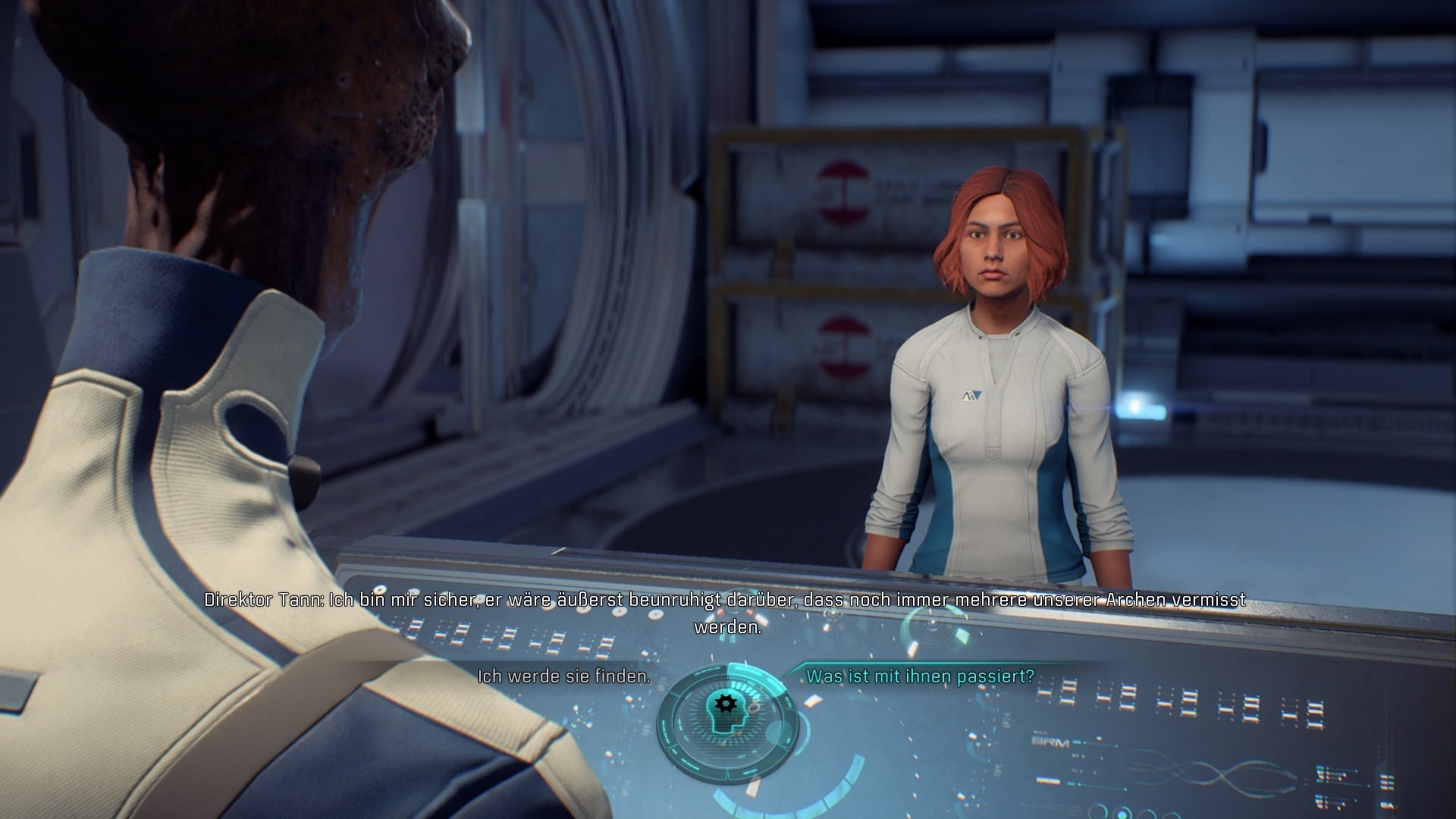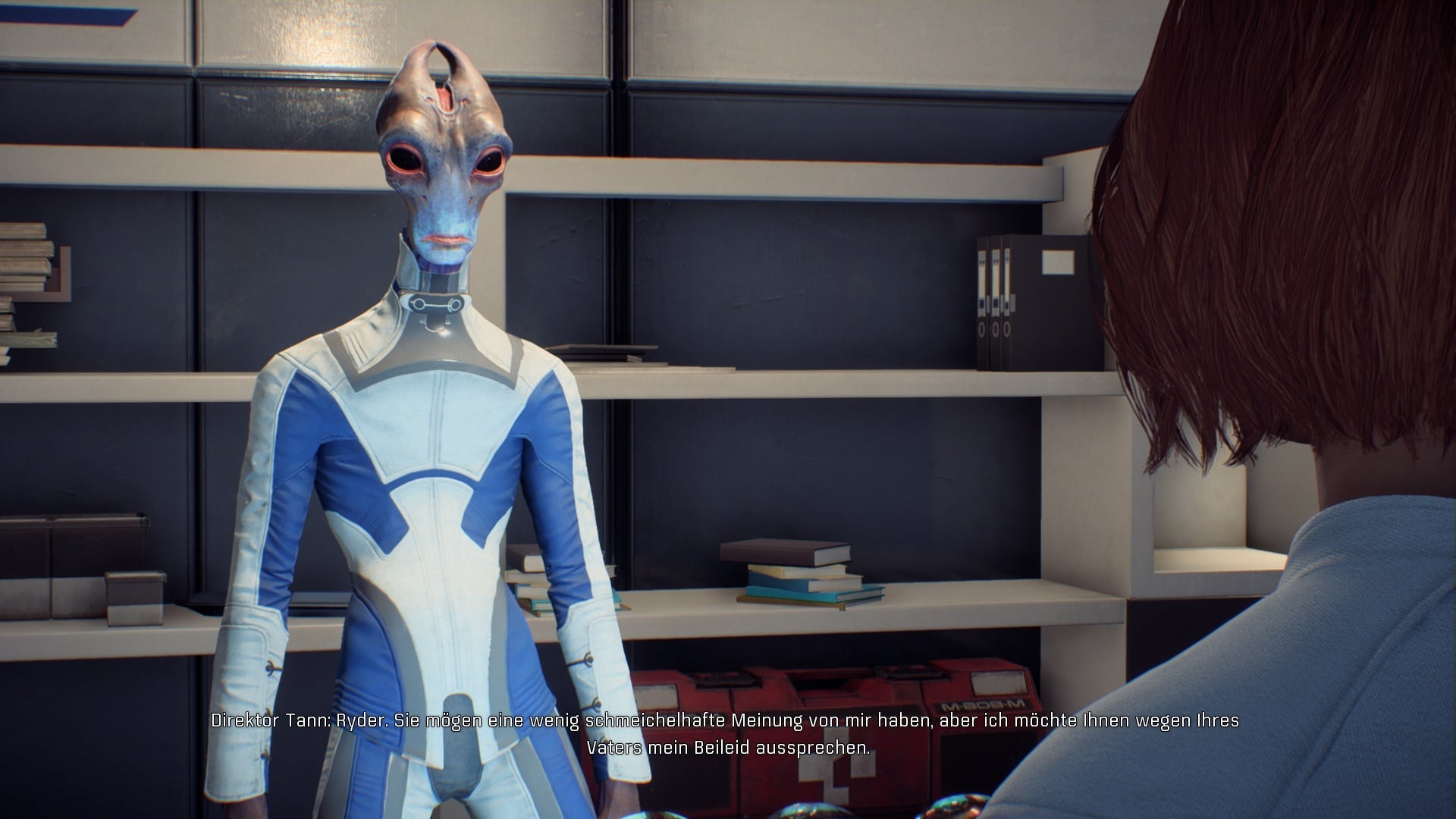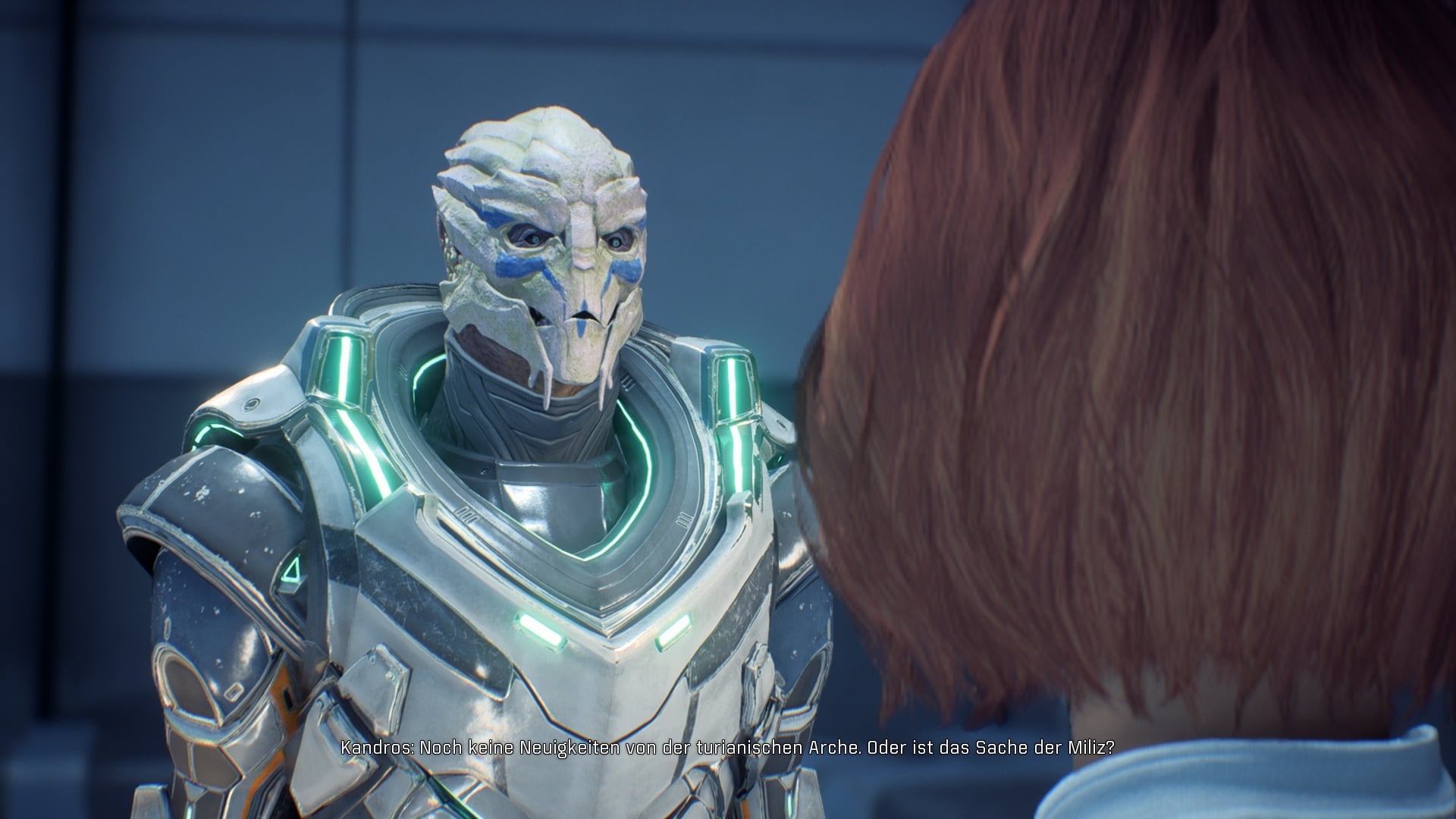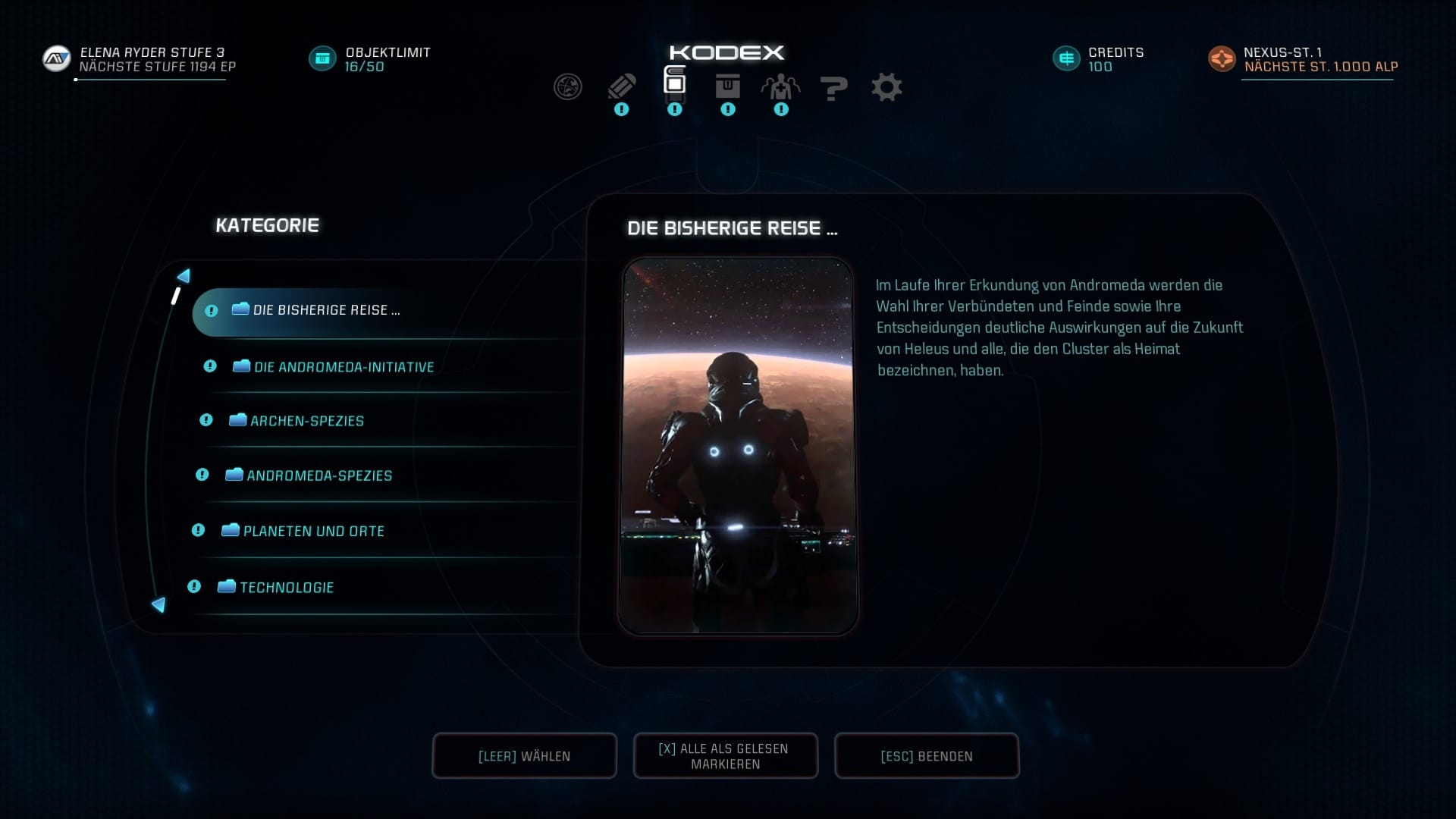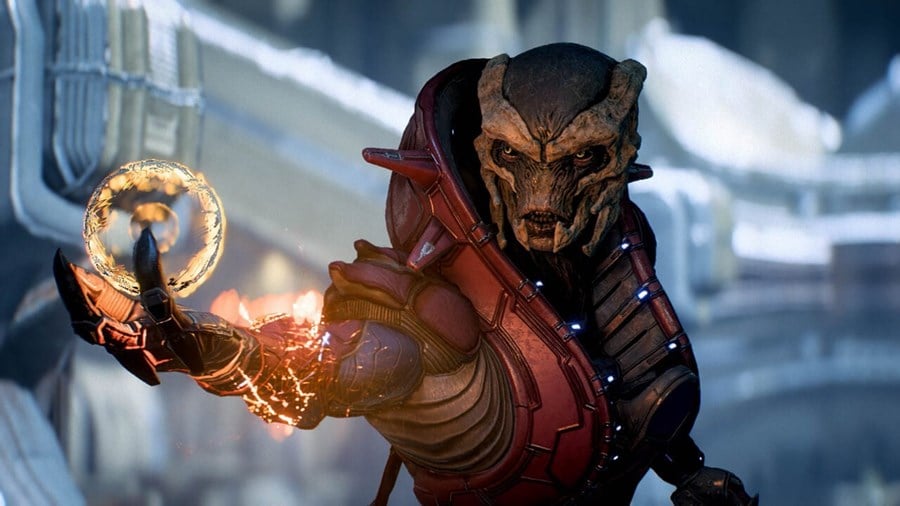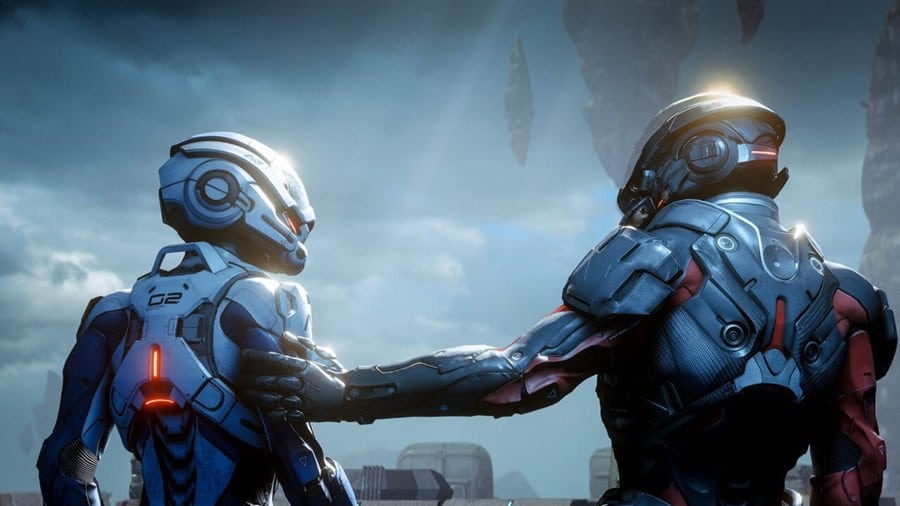opinion: Mass Effect Andromeda still has many weaknesses in 2022 – as a sequel and role-playing game. But it also offers a lot when you look at it 5 years after release for itself.
Andromeda is not a good Mass Effect for me. It wasn’t in 2017 at release and it doesn’t live up to its great legacy today either. But maybe it doesn’t have to anymore. Now that a direct sequel to the old trilogy is on the way, it’s easier to look at Mass Effect: Andromeda on its own terms with some distance.
Underneath the awkward animations, clumsy dialogue and partly generic tasks, I find a surprisingly competent sci-fi role-playing game that, despite its weaknesses, can lead the way for upcoming space games like Starfield, when it is no longer permanently in the shadow of the much-loved trilogy.
Table of Contents
Andromeda is better without Mass Effect
Mass Effect Andromeda stumbled mainly because it had such big shoes to fill. But the role-playing game couldn’t fill them for two reasons. Firstly, because it was never planned as a sequel, but rather as a new beginning. And secondly, because the focus is no longer on what makes Mass Effect so great for many – story and characters.
It still has to bear the comparison just by the name. But it will be a much better game if you consciously disregard it for a moment.
All beginnings are difficult
I understand every fan who doesn’t even let Jaal, Cora or Peebee on the planet where the pedestal with his three favourite series characters stands. But to be fair, the companion cast of Andromeda also only had one game to develop and not three.
Bioware wanted to lay the foundation for a new adventure here, similar to Mass Effect 1, which would probably have brought much more interesting facets of the heroes to light. They still lack the necessary depth, but the humorous chats during the Mako journeys among themselves already make me like them in Andromeda. That’s why I would have liked so much to see direct sequels that do justice to the new heroes.
Main character Ryder actually has a lot of potential for me as well. Unlike Shepard, she has no military experience whatsoever. Instead, he or she slowly grows into the role of the Pathfinder to bring hope back to the people.
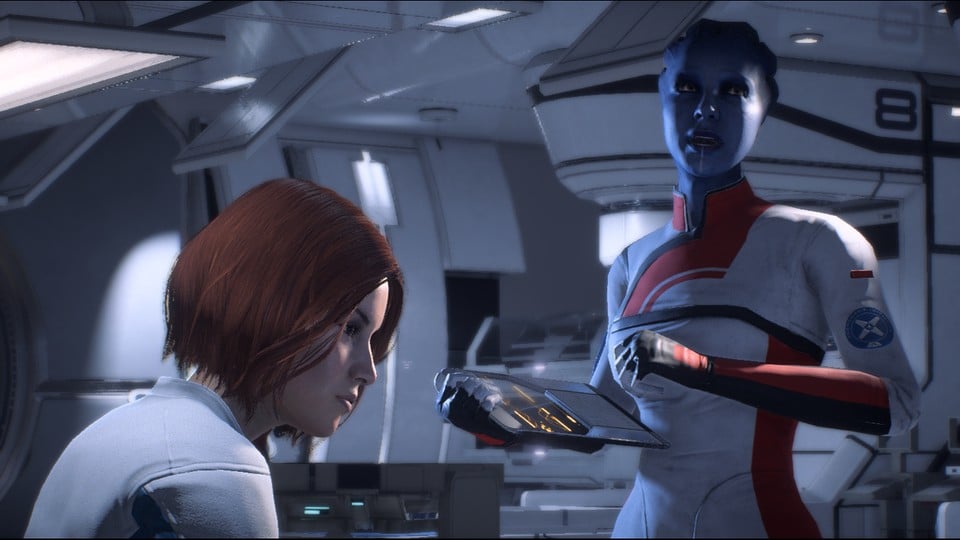
Big world, small stories
This also reduces the scope of the actual narrative. While the humans are stranded and the sinister Kett aliens want to take over the galaxy, I’m not preparing for a massive war that threatens to wipe out life throughout the Milky Way. Andromeda often strikes a cheerful note and focuses on the small things rather than the big picture.
I am an explorer who wants to create a colony, which is reflected in what I do: I settle small neighbourhood disputes, search for resources, purify water. The open worlds on the planets are the focus. The story frays because I’m supposed to follow my sense of adventure and explore, rather than cling to my relationship with individual characters or their fate. This makes it almost impossible for Andromeda to compete with its predecessors in this respect.
It is also noticeable in the dialogue that considerably less love has gone into it. Many conversations seem stiff and unworldly, and not only because of the wooden animations, and the story mostly plods along before it leads to predictable climaxes. The sci-fi role-playing game shines above all when you block out its past and concentrate on what it wants to be: a new, unspent space adventure.
To new worlds
For me, science fiction is all about setting out for something new and unknown, be it advanced technologies or alien planets like in Andromeda. After three games, I pretty much know what to expect in the not-so-endless expanses of the Milky Way, but the Heleus Cluster is still a blank spot on the space map that immediately sparks my imagination.
At the very beginning I am amazed when I take a look out of the spaceship window and catch sight of the mysterious Scourge, whose arms seem to wrap around our ark like tentacles. A little later, I land on Habitat 7, the promised land, which turns out to be a death trap, riddled with lightning.
Terrible for the humans desperate for a new home, but I can hardly get enough of the alien landscapes full of flying stones and shell grasses. What happened here? Who are the Kett and why do they attack us immediately? What are these ancient ruins inhabited by machine creatures?
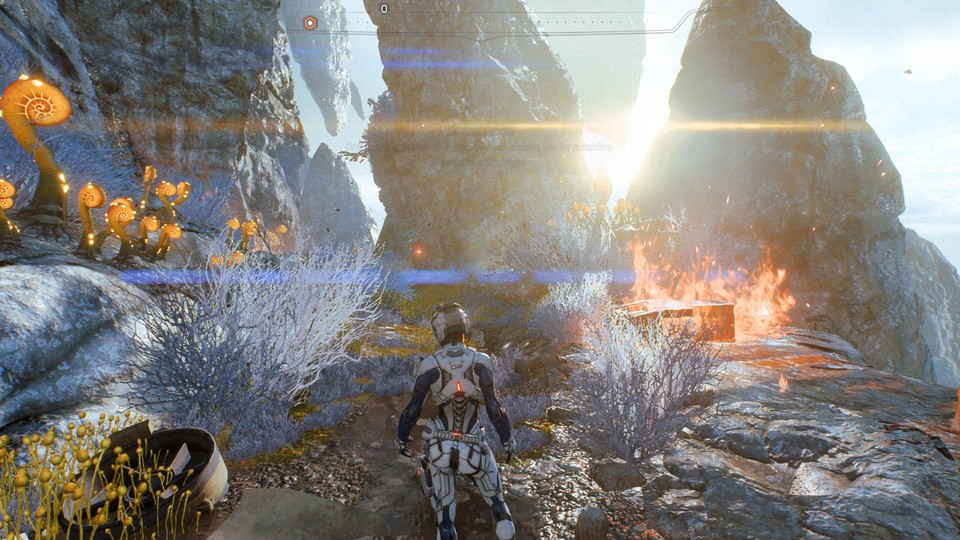
Andromeda tickles my curiosity, whether I’m churning up the desert sands on Eos with the Mako, tangling with pirates and other rapscallions on mountainous Kadara, or roaming the purple jungles of Havarl in wonder before being initiated into the rites and customs of the local Angara people.
That’s what excited me about Mass Effect 1 back then, even though I had to filter out a lot of details from codex entries and the planets were just muddy texture deserts. But both games give me the feeling of dissecting a still unknown galaxy like a scientist. I get to know new alien races, first have to decipher the relationships between them, scan the environment and locate resources in order to eventually set up outposts or even an entire colony, which always reminds me of our dream of living among alien stars.
This is exactly what a Starfield can pick up on, giving me a fresh, unconsumed universe to explore that focuses on my exploratory urge as a space traveler – and still beautiful, but much more interactive space panoramas in which, Skyrim-style, umpteen sandbox stories surprise me.
Roleplay meets Shooter
Of course, Andromeda could have done even more with this sense of departure. There are only two new alien races, many planets are basically our Earth with a new coat of paint, and in the open world I encounter generic shopping lists as often as exciting side stories. Nevertheless, the sci-fi adventure has earned the 100 hours on my exploration clock, which is not least due to the great shooter gameplay.
Bioware has really cranked up the pace: I no longer pause the game, cower behind cover and command my teammates, but shoot as I dash across the battlefield. In a flash, I catapult myself into the air with a jetpack and trigger a bio-throw that knocks the surprised opponent off his feet before I jump to the next one and slam the energy blade into his chiti-armoured face.
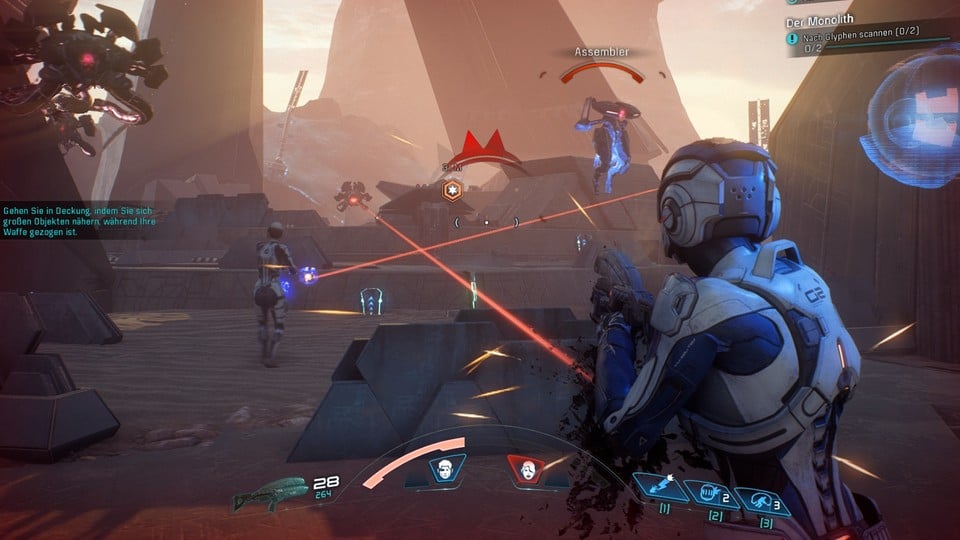
Skills and weapons can be exchanged and combined for the first time, so I can experiment with all classes and their strengths. Even if decisions and dialogue can’t always hold a candle to the trilogy, Mass Effect can really shine in Andromeda.
Although the sci-fi role-playing game could not make many fans happy as a sequel, for me it is worth another look five years later. Especially if you don’t constantly compare it to its predecessors and consciously concentrate on the strengths, as in Dragon Age Inquistion. If you leave out all the filler material, you can expect a really entertaining space adventure.

